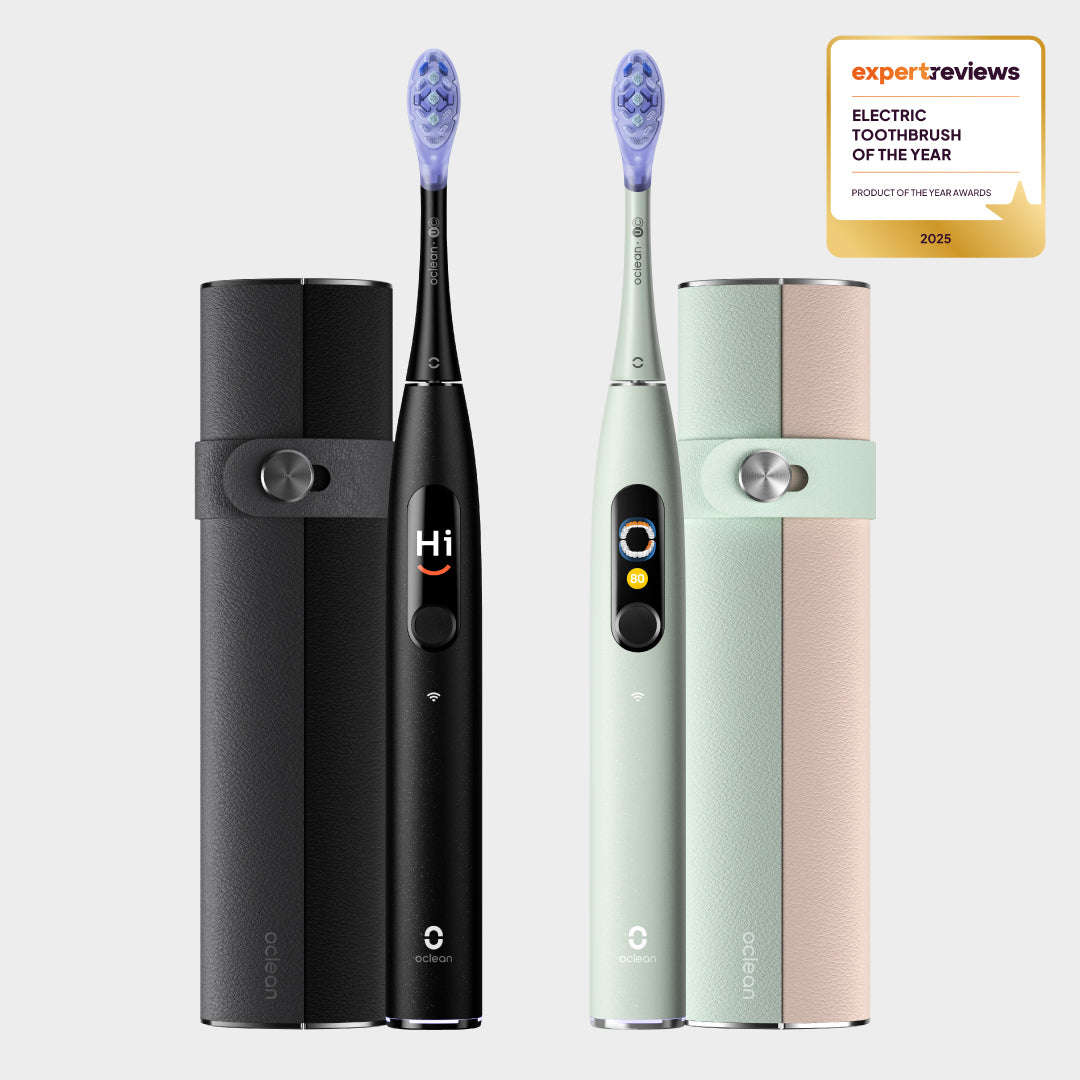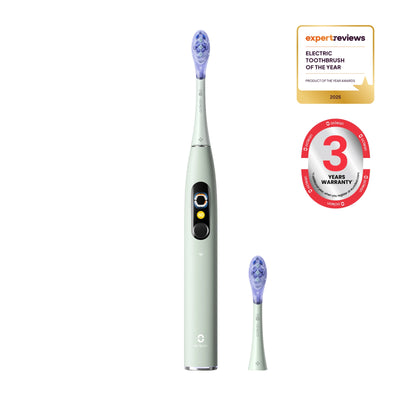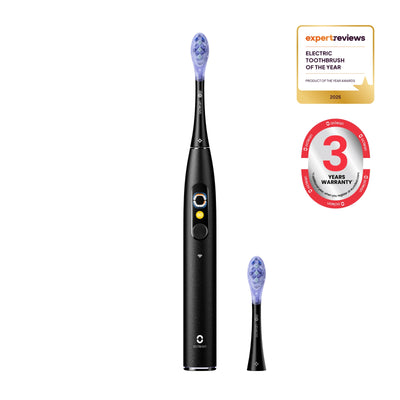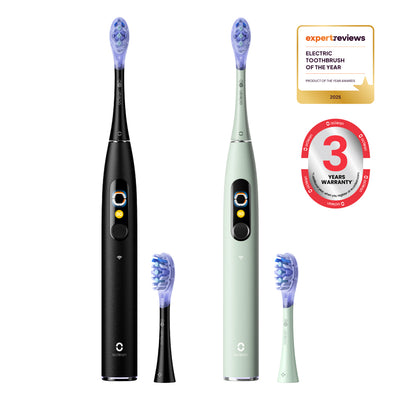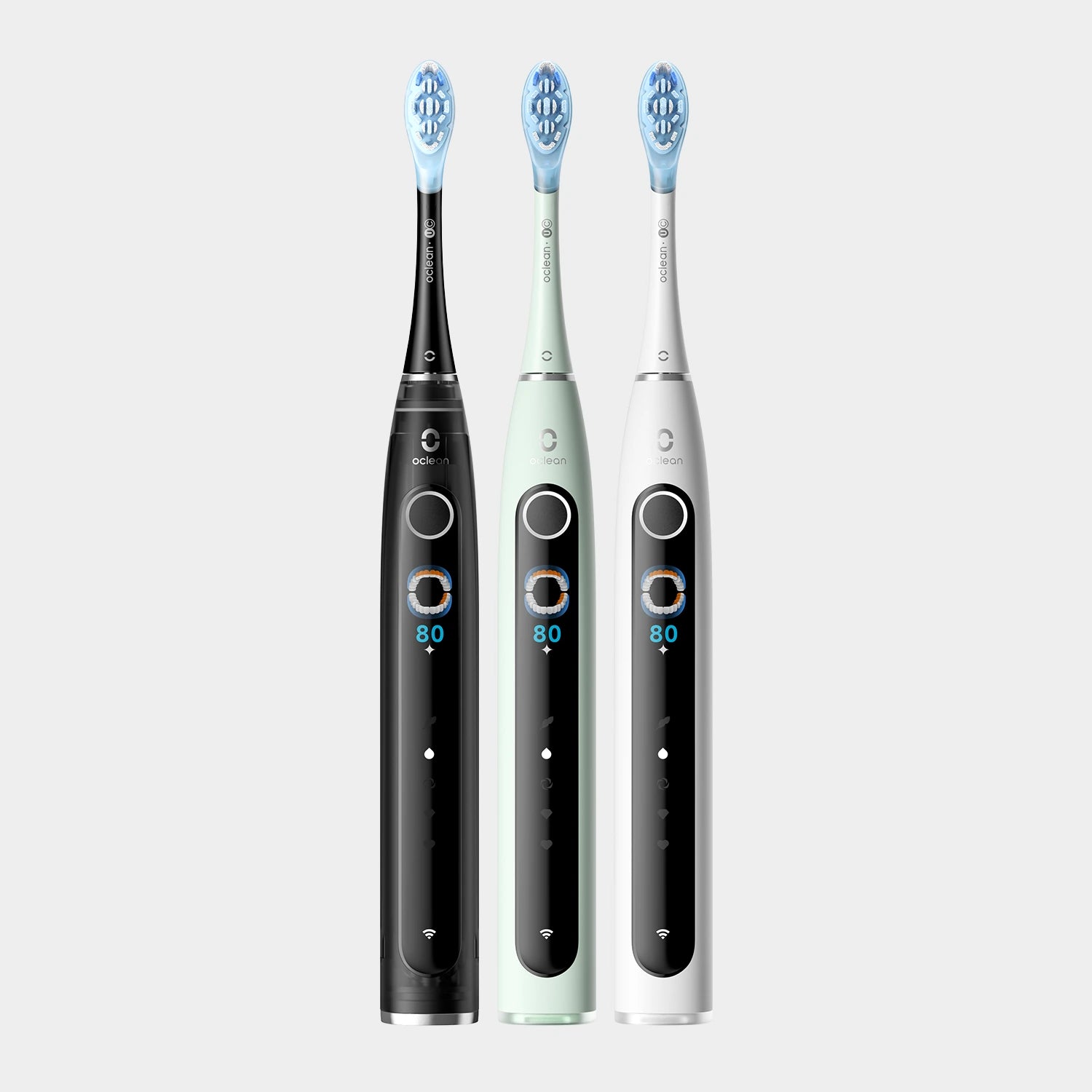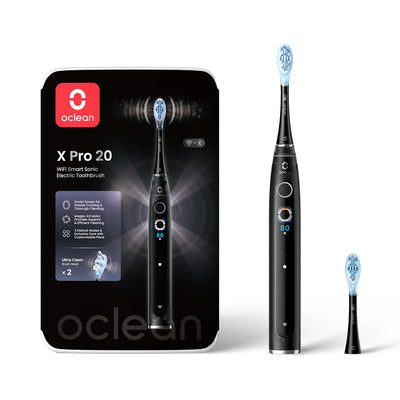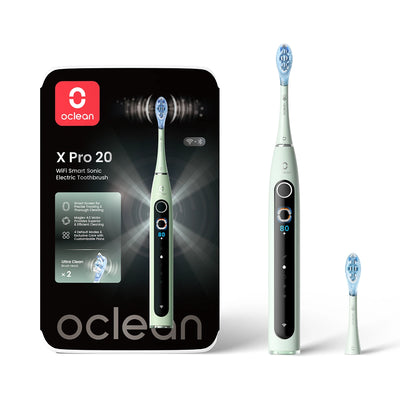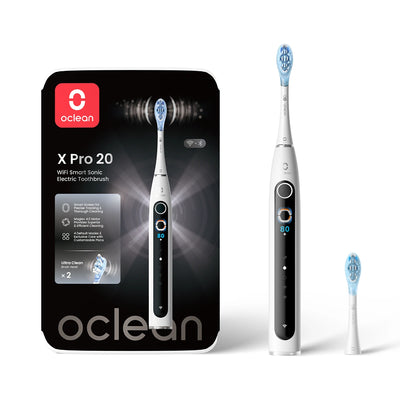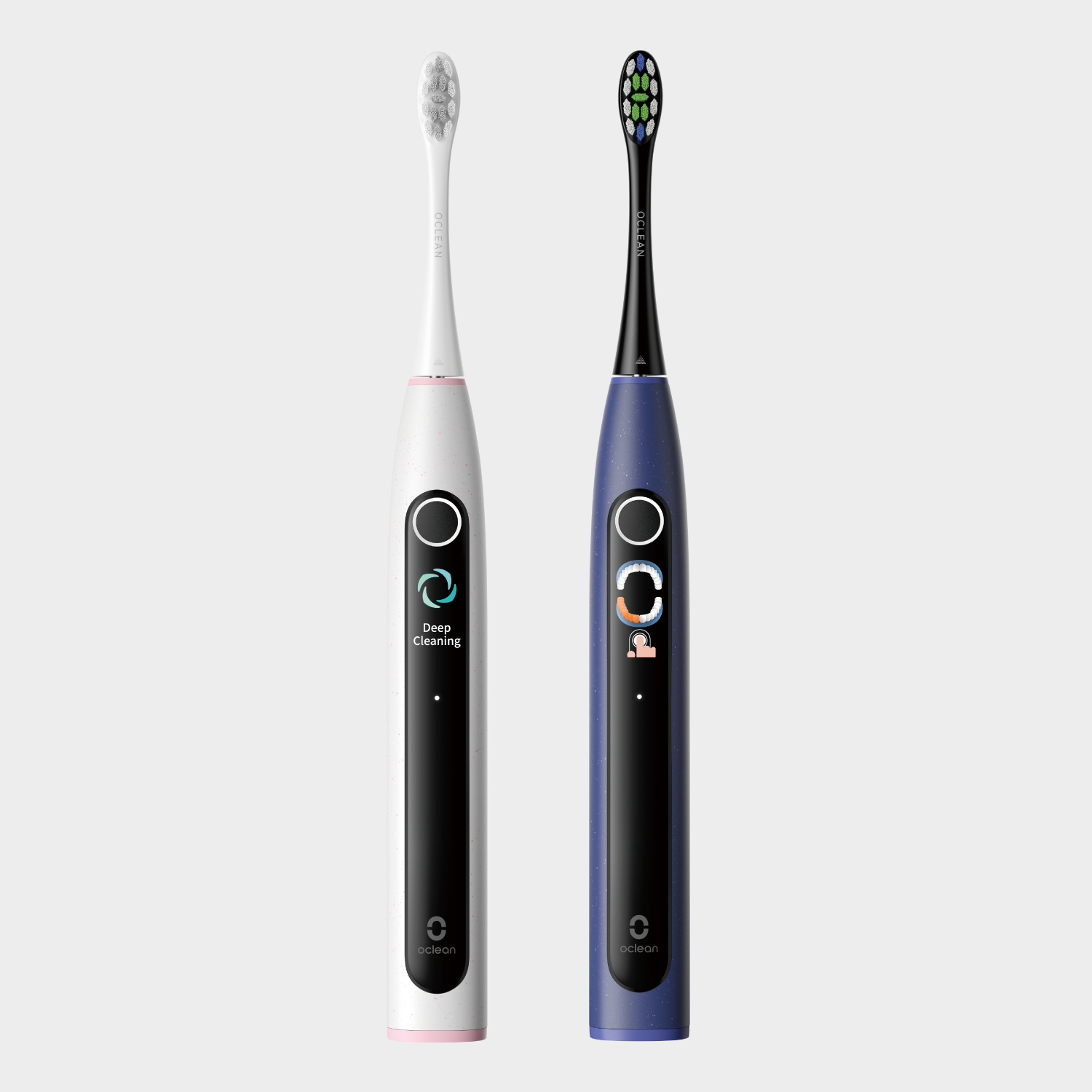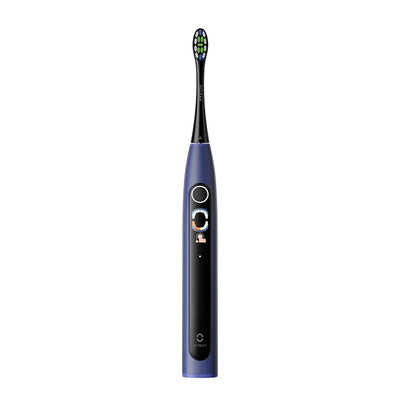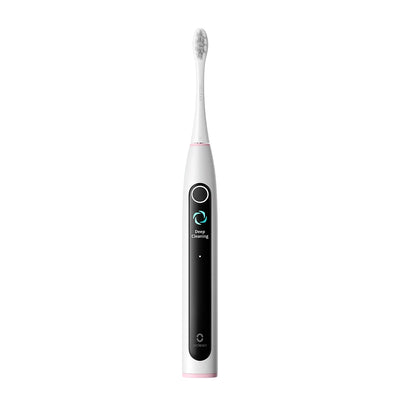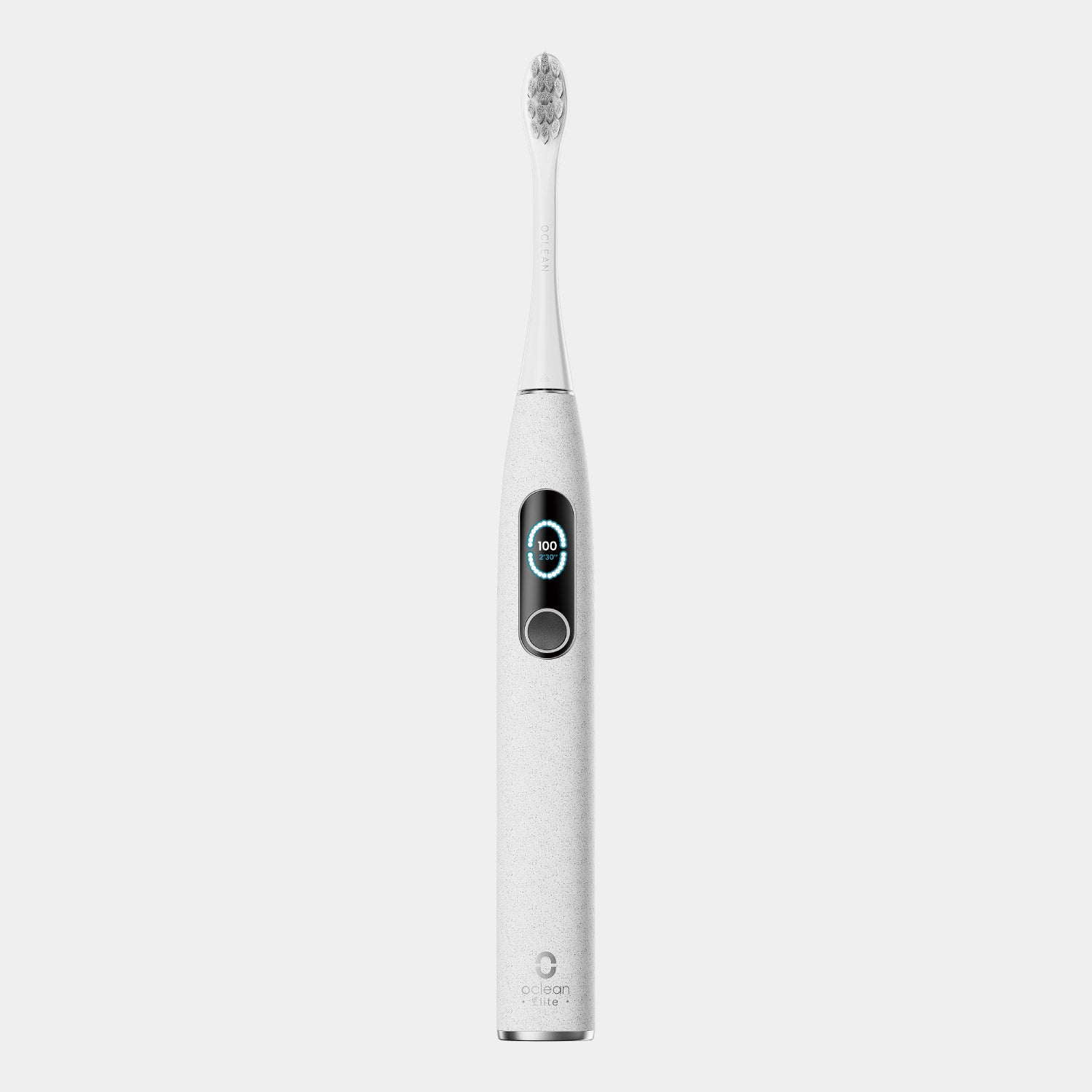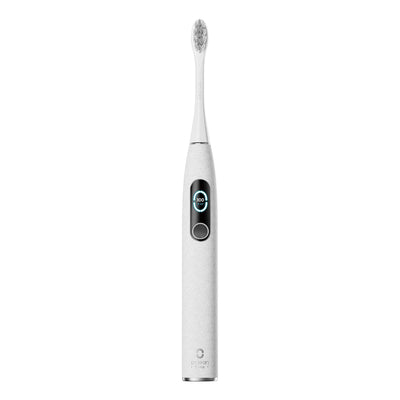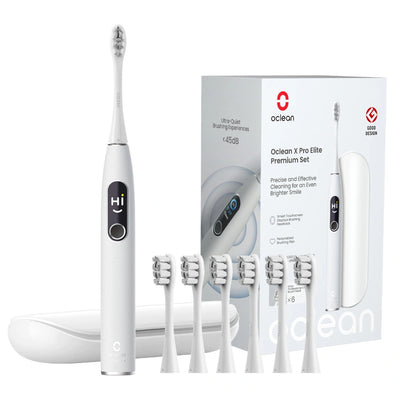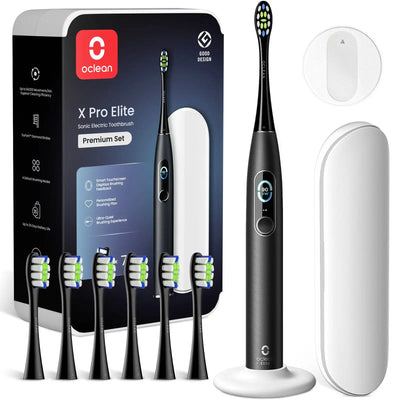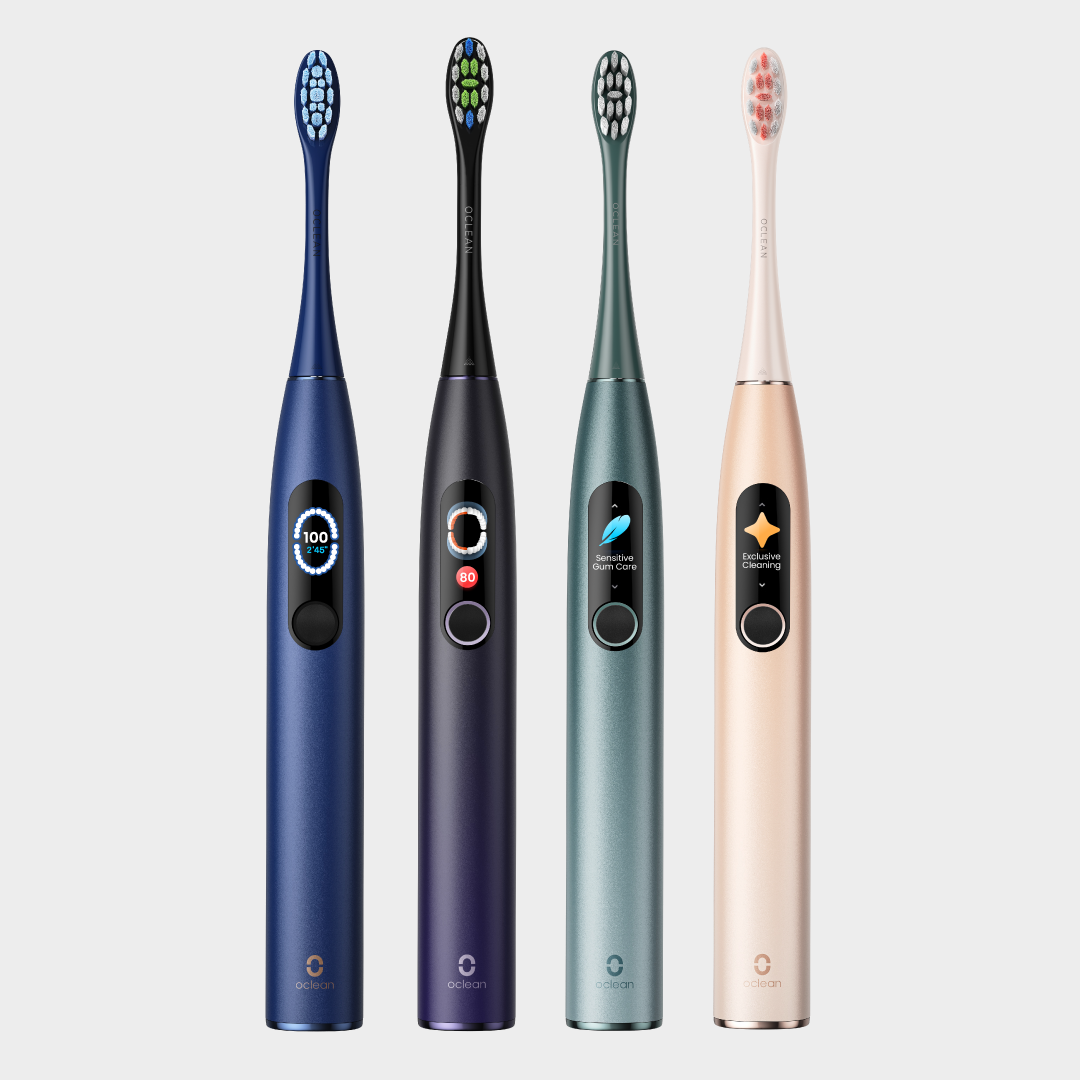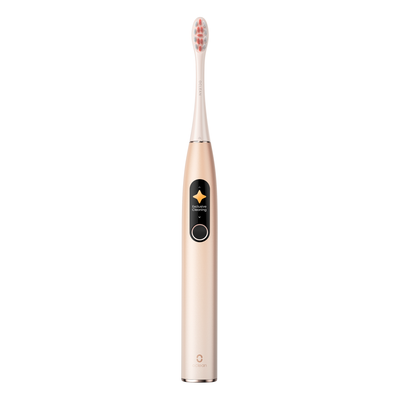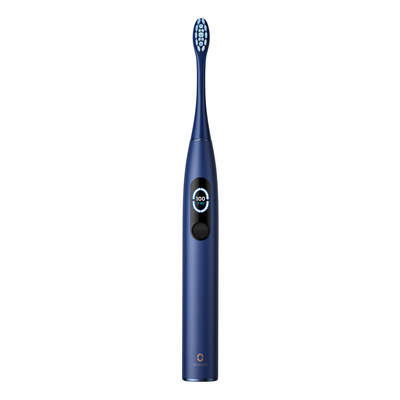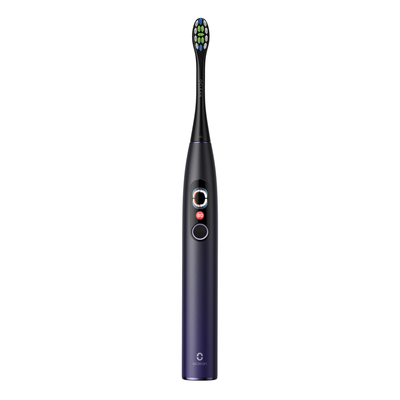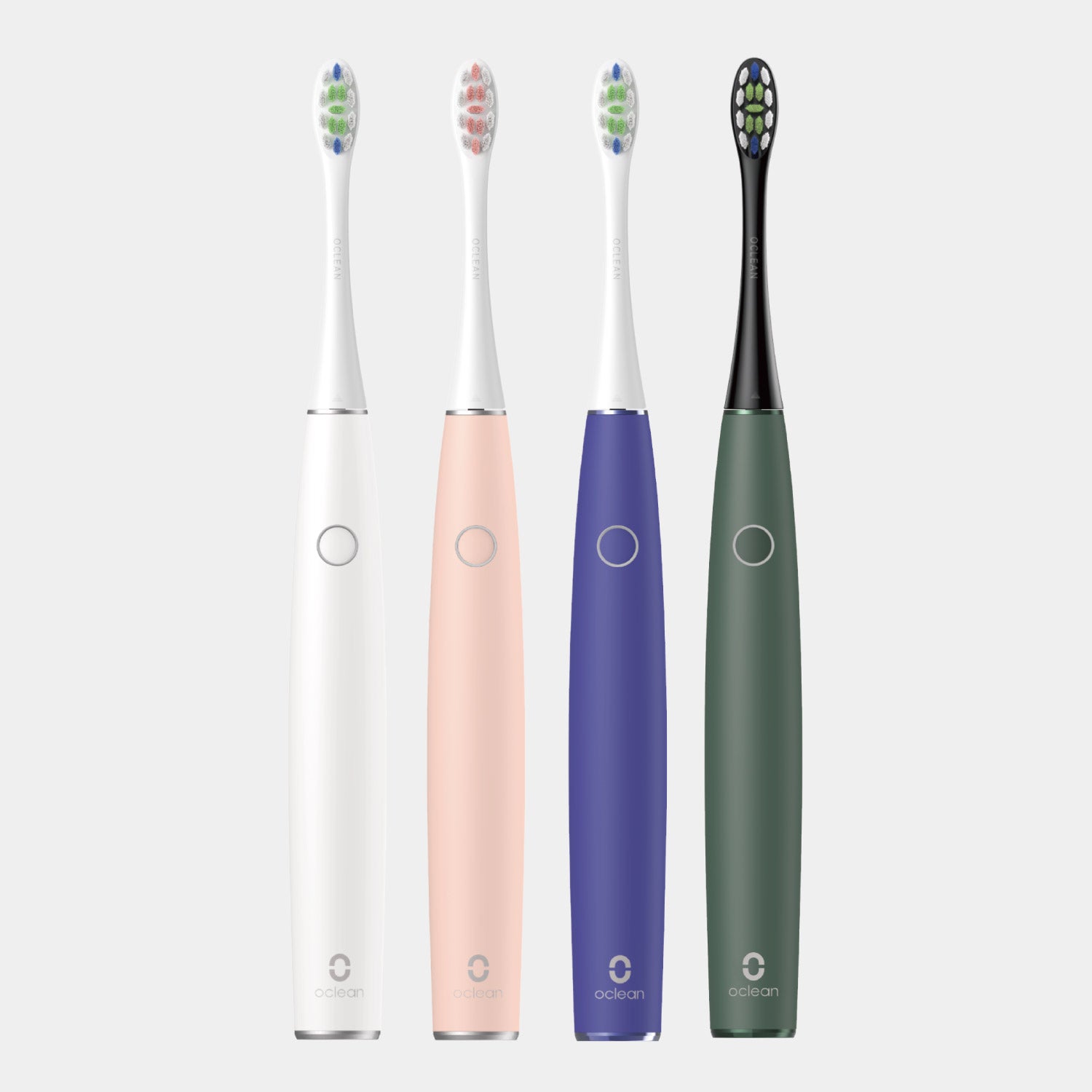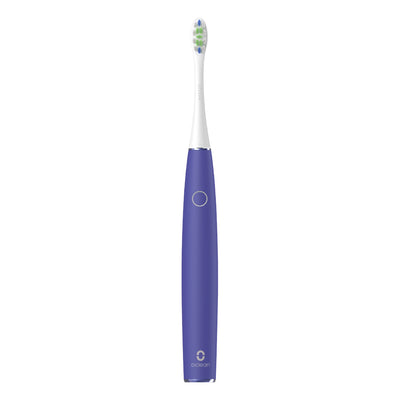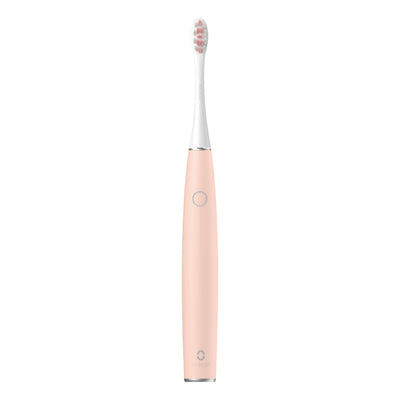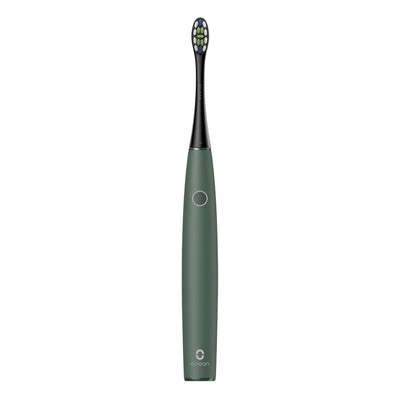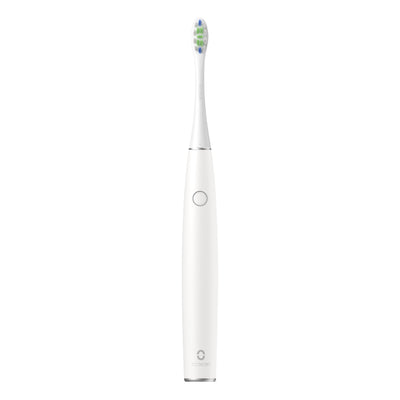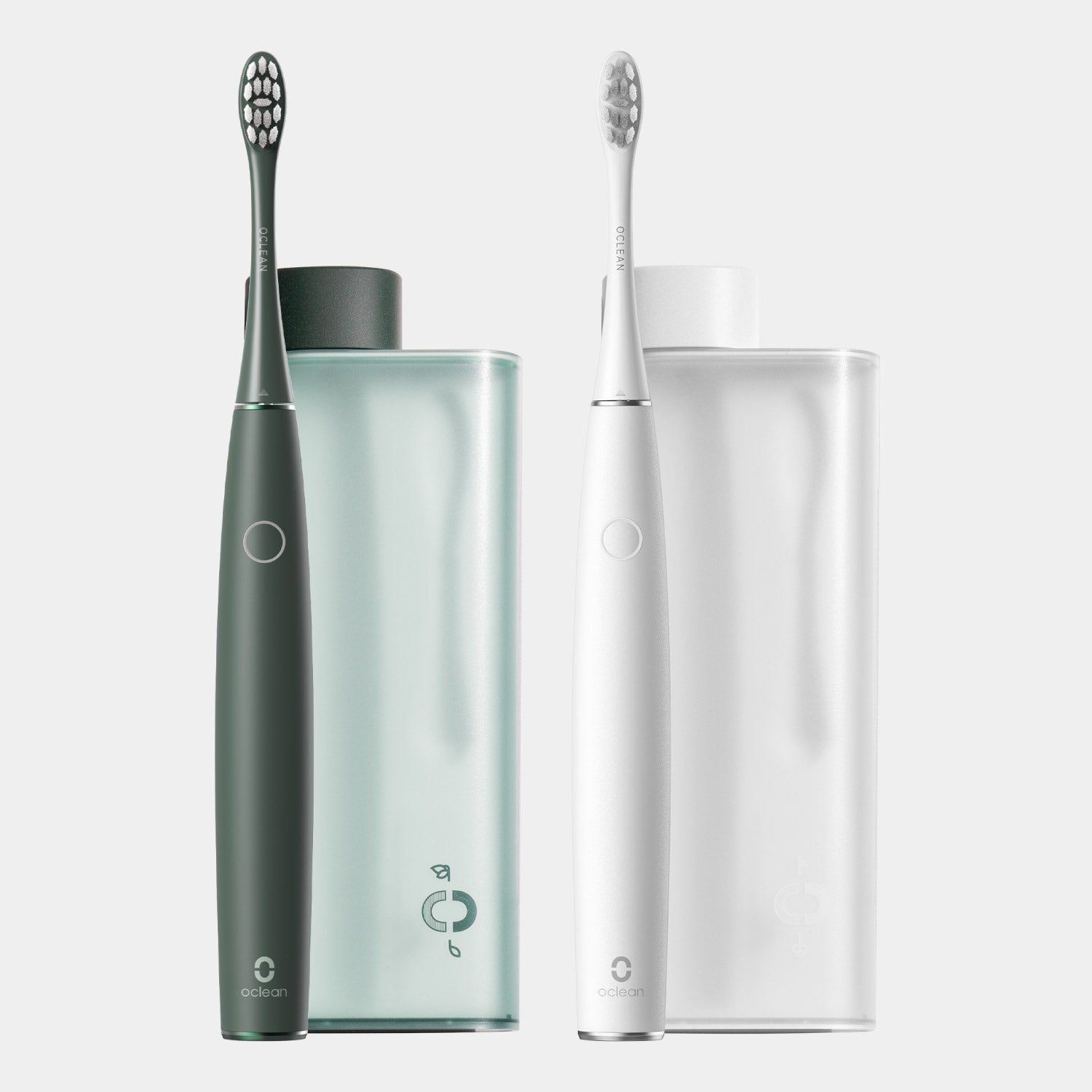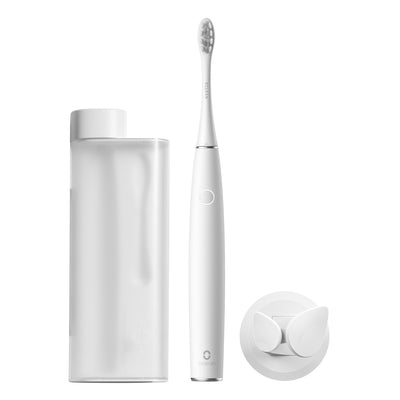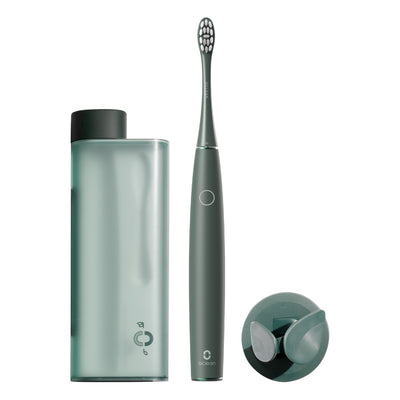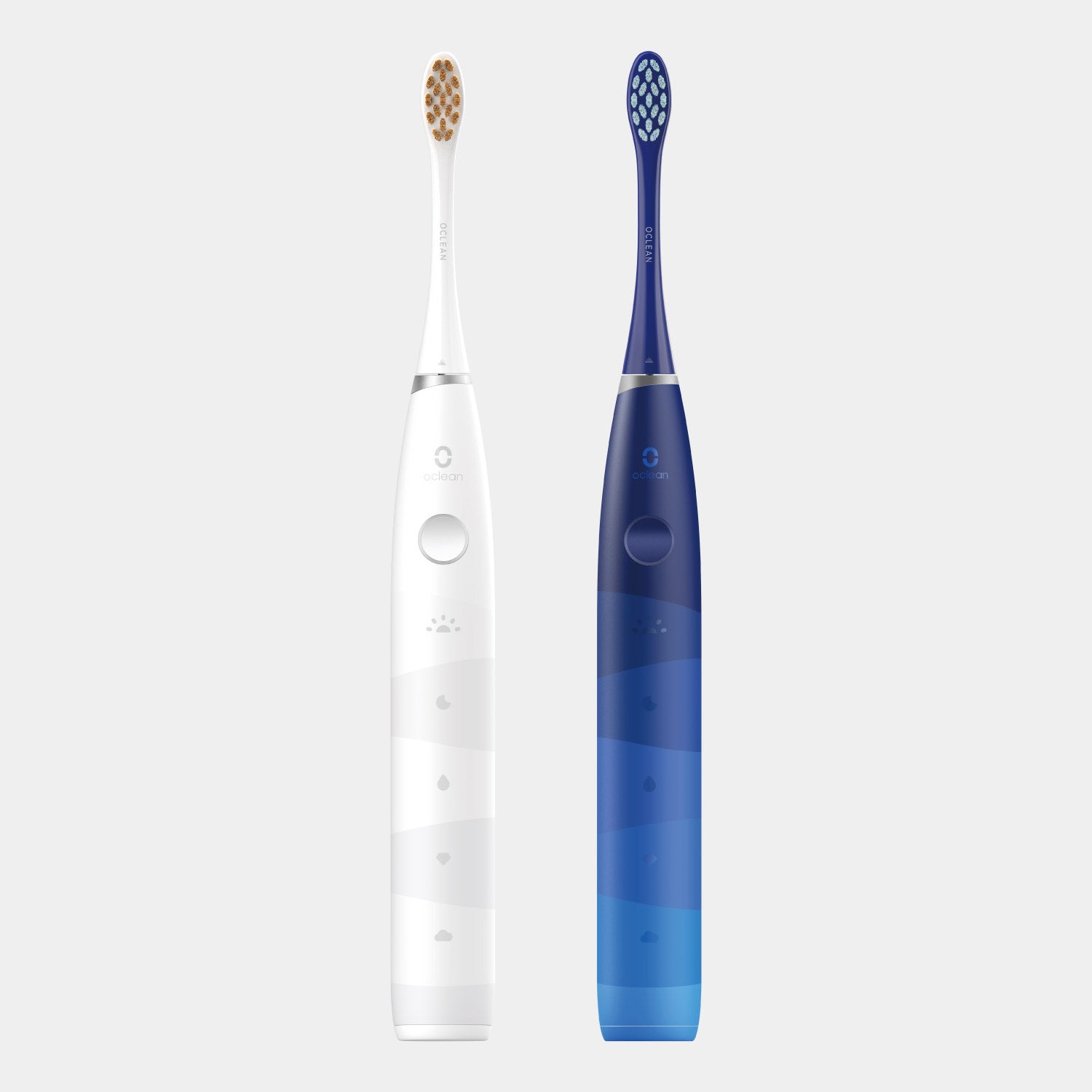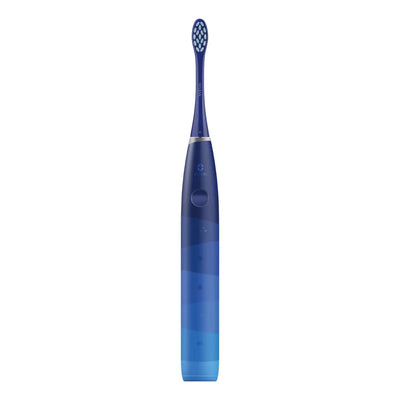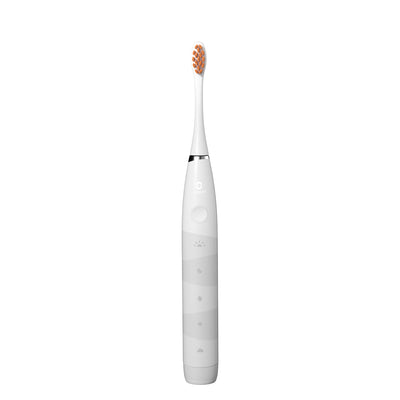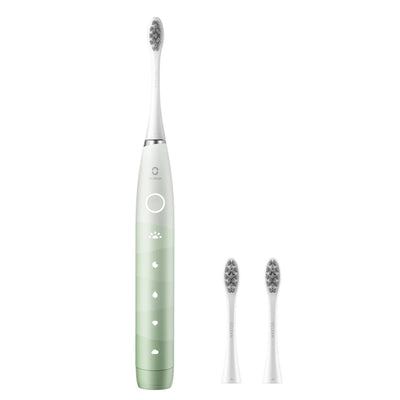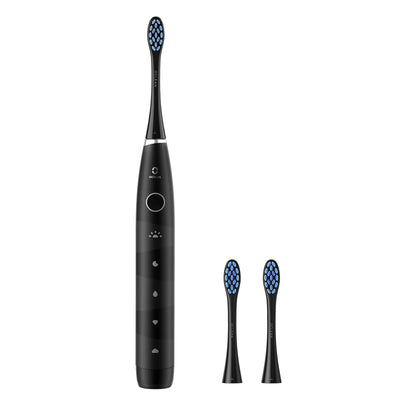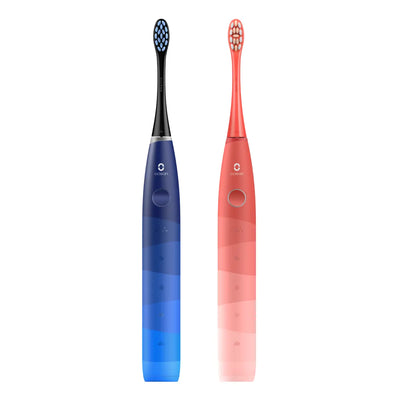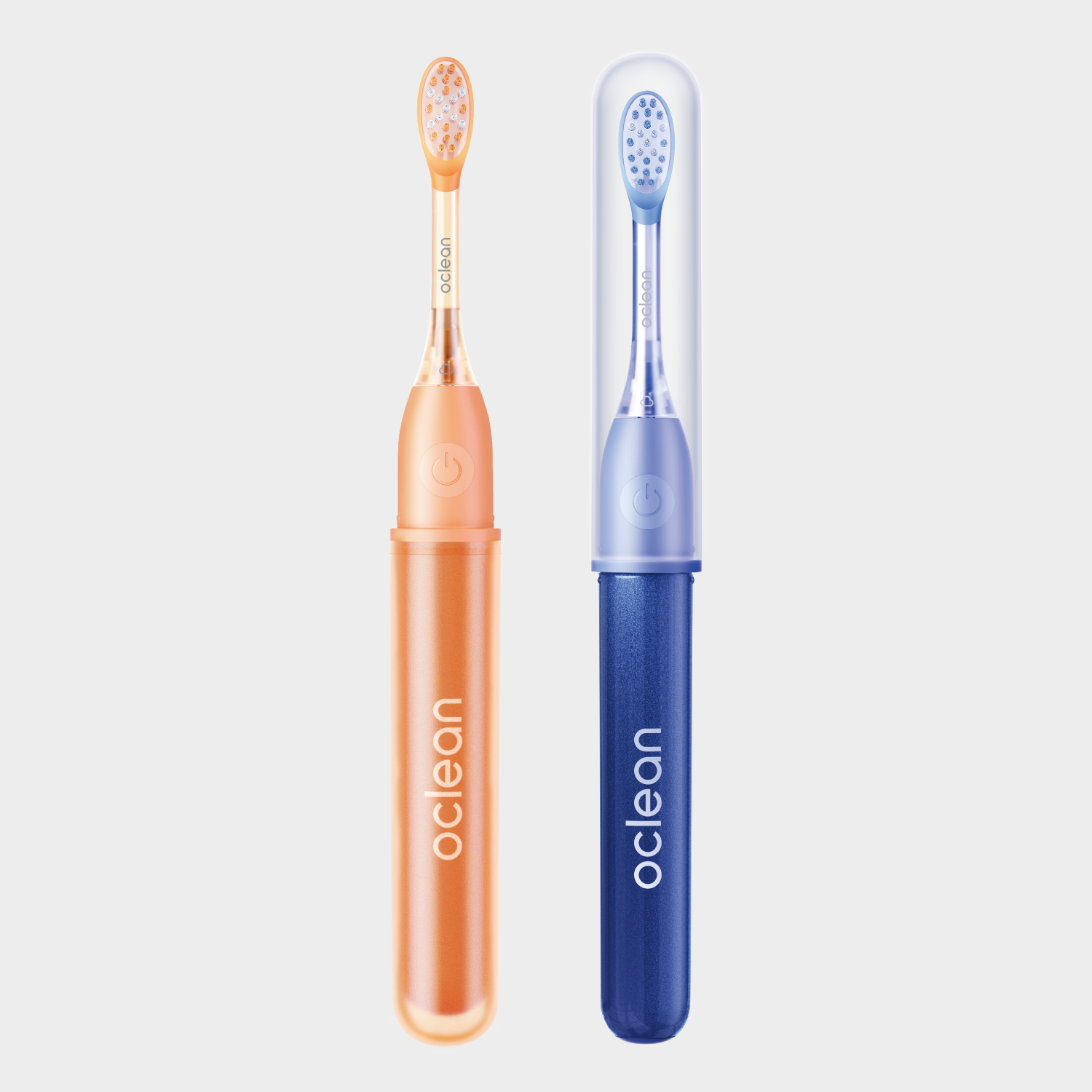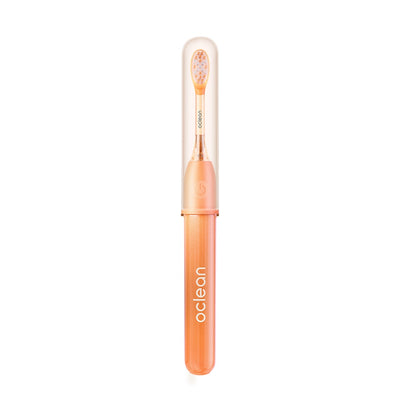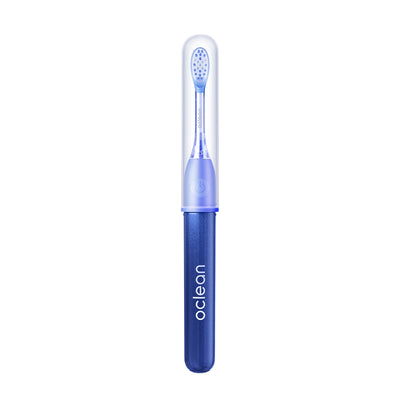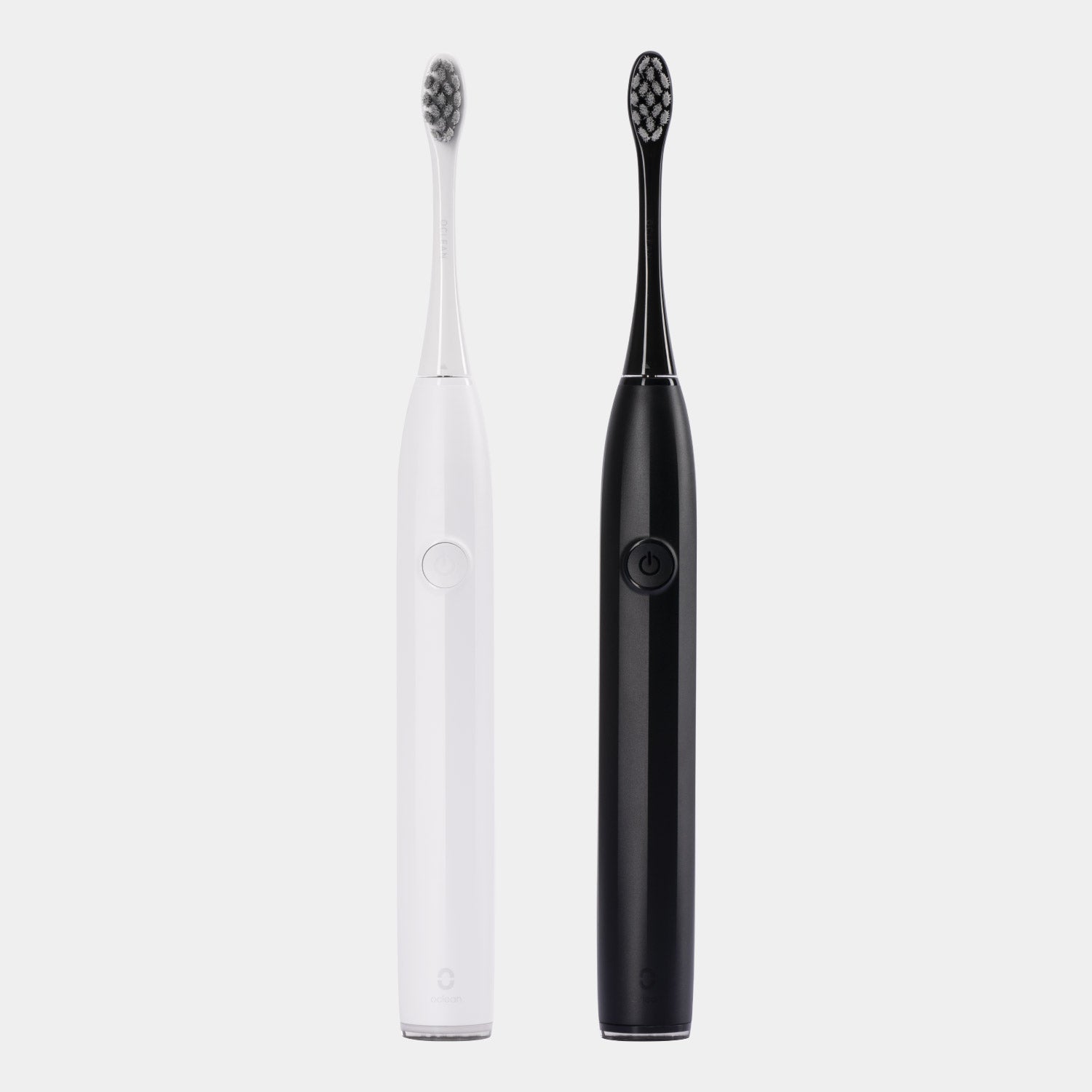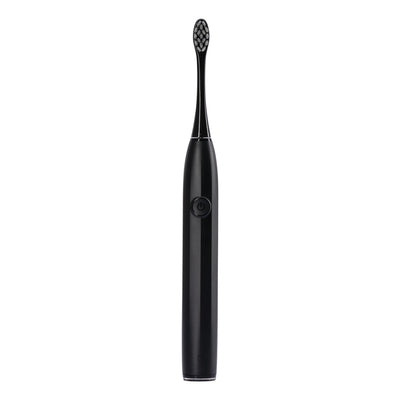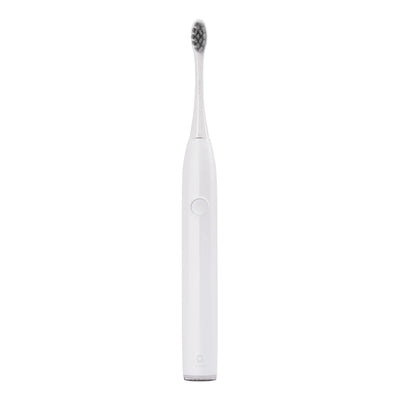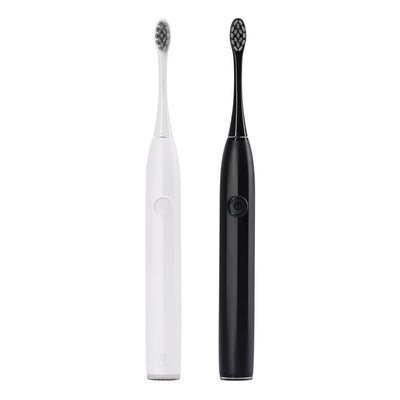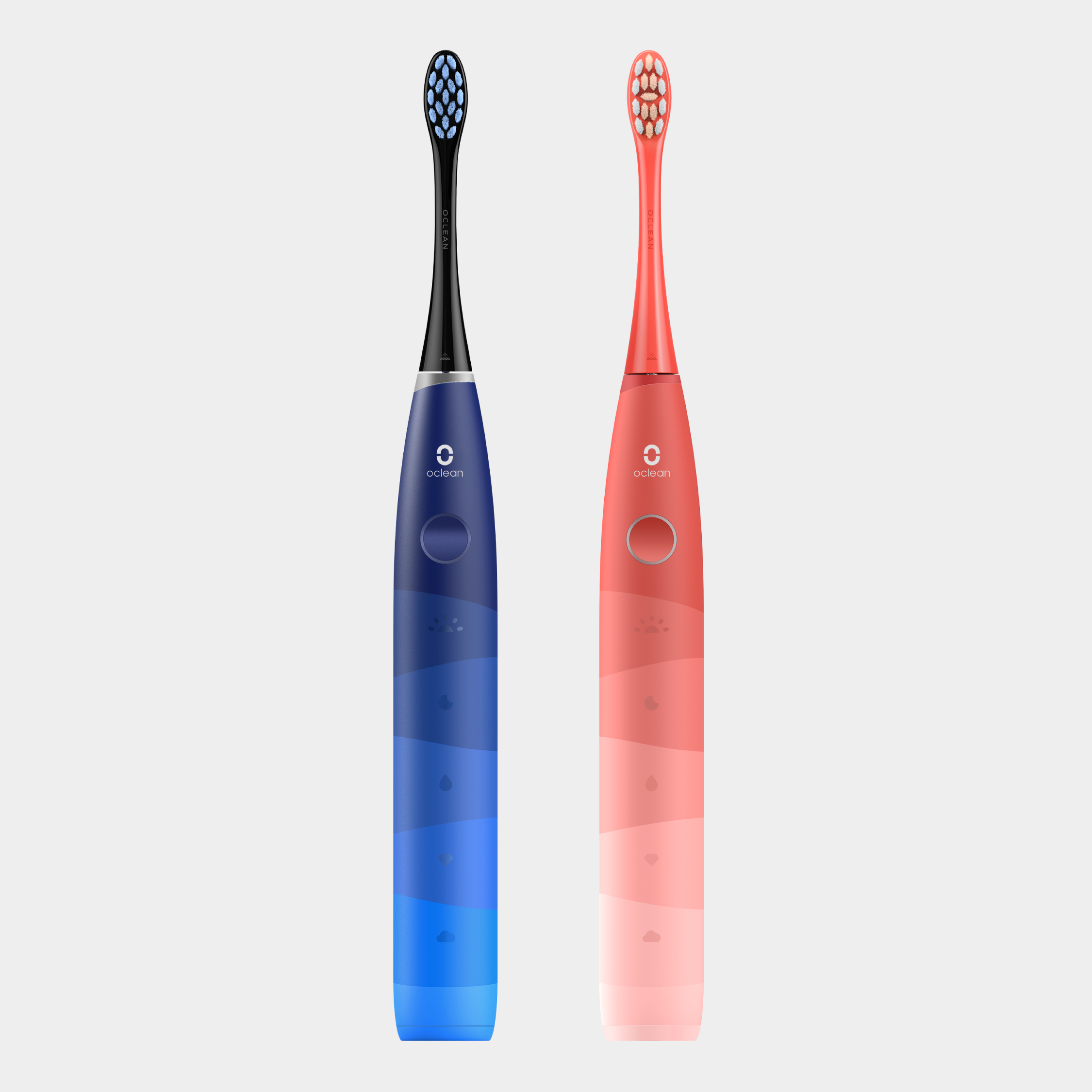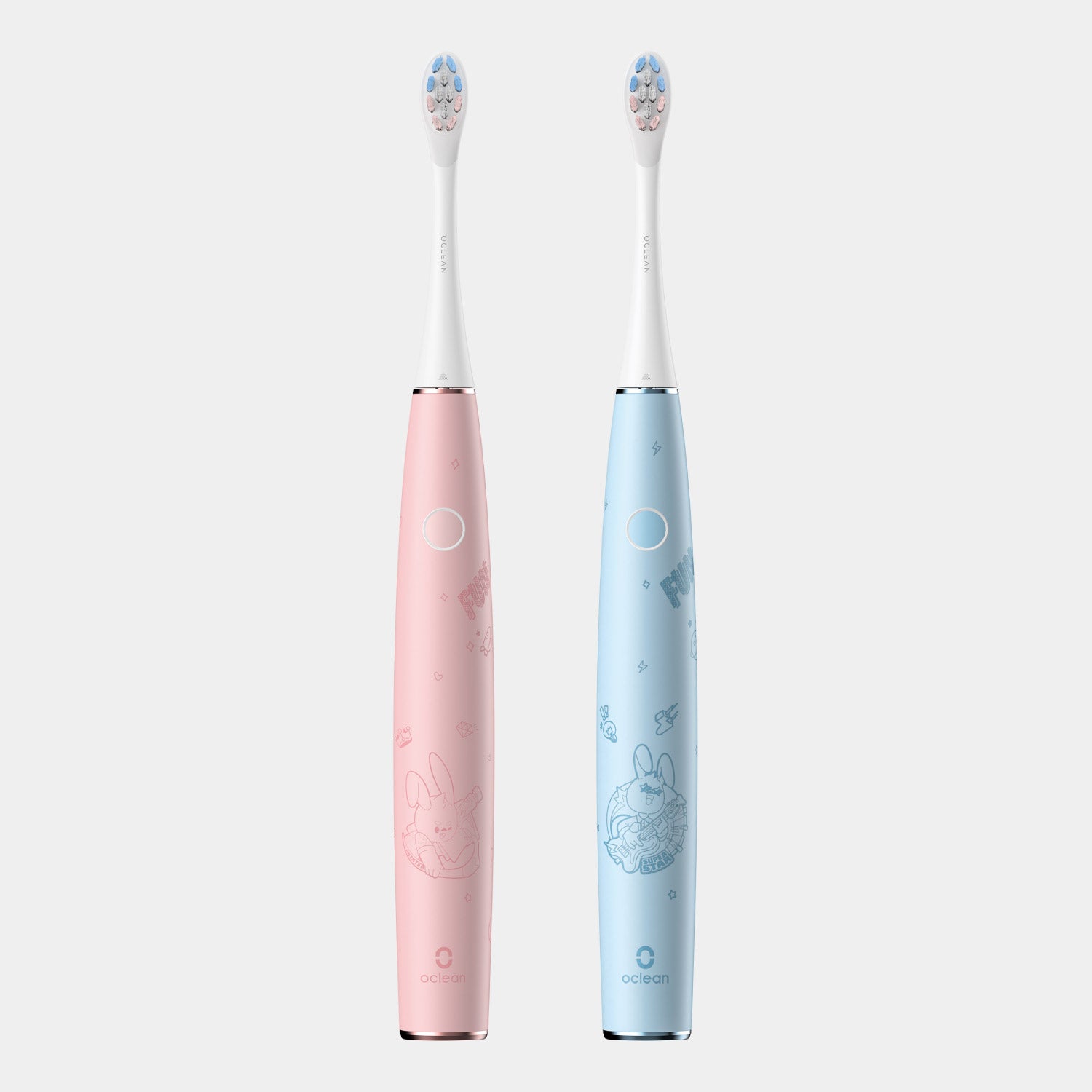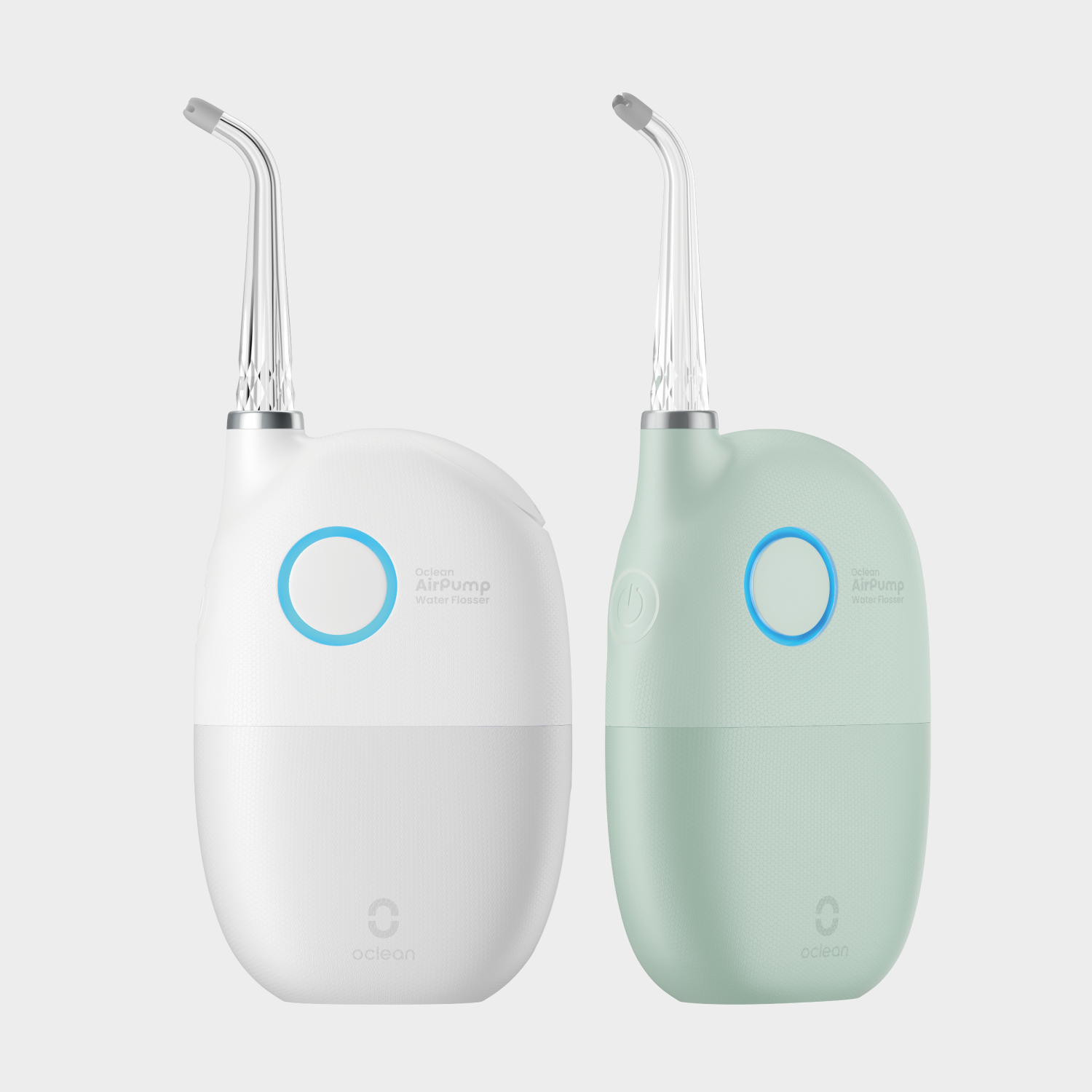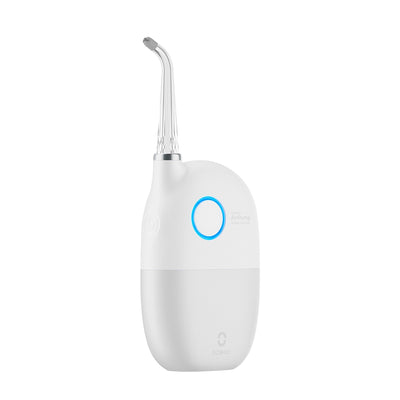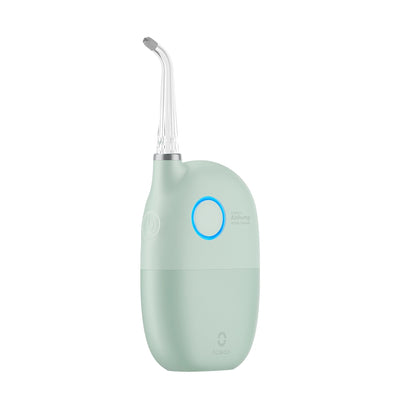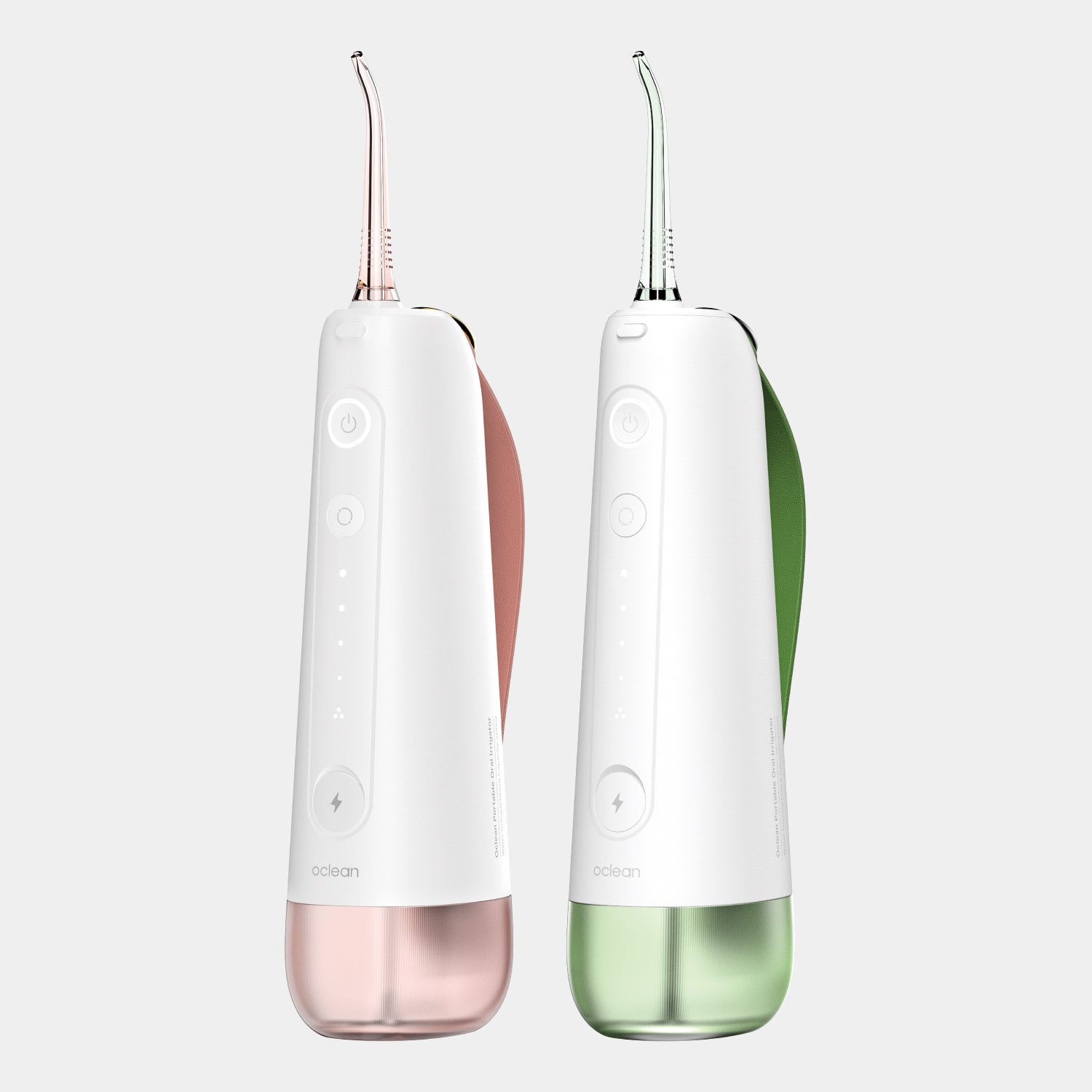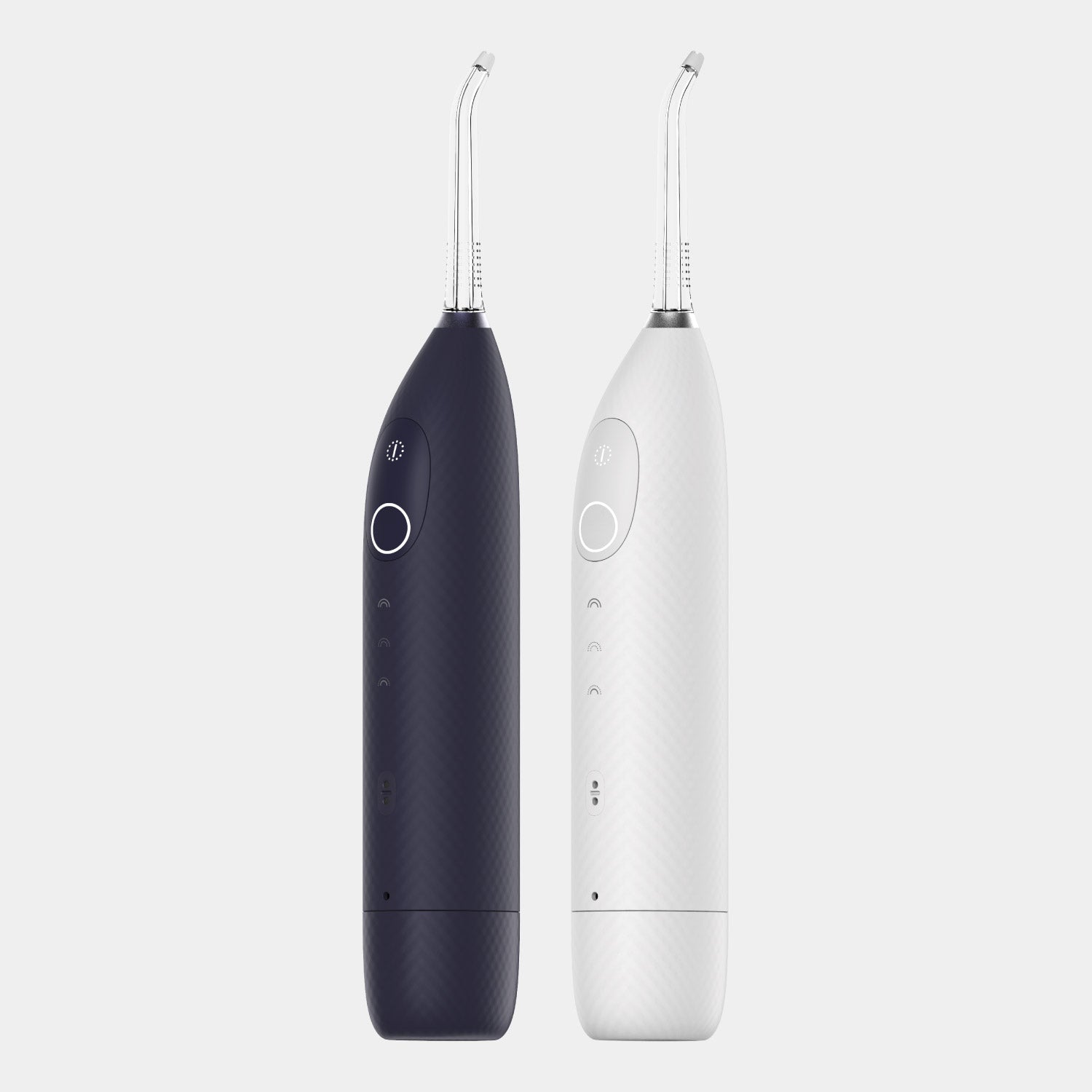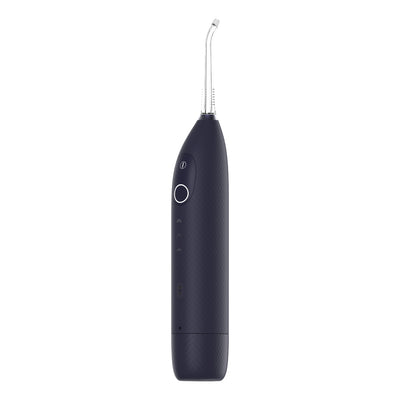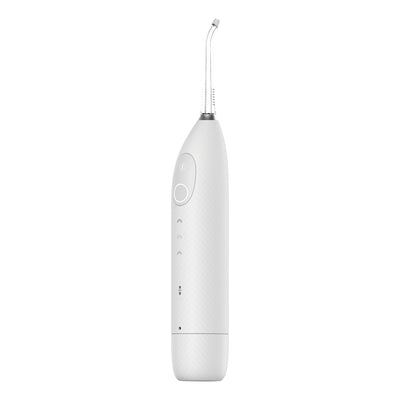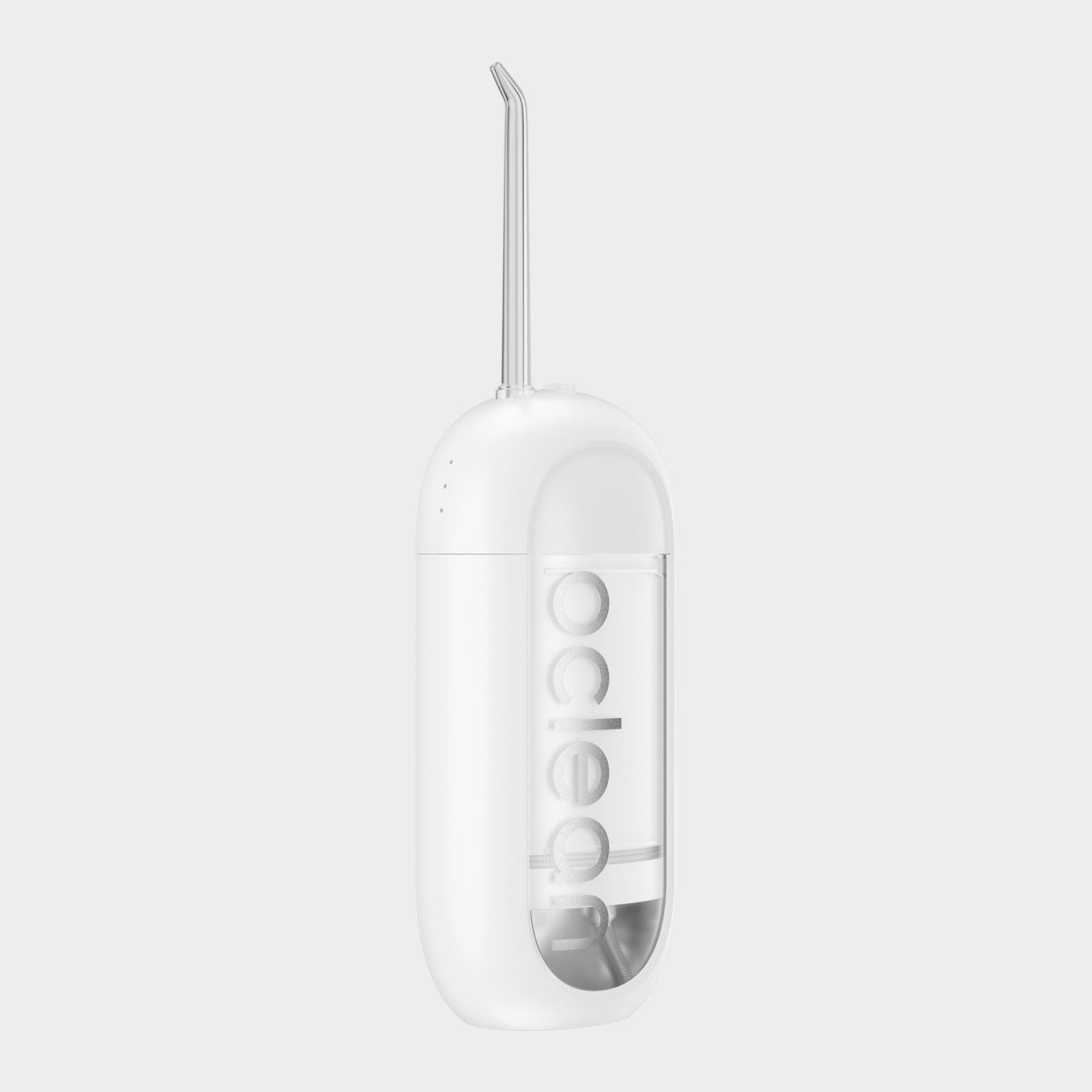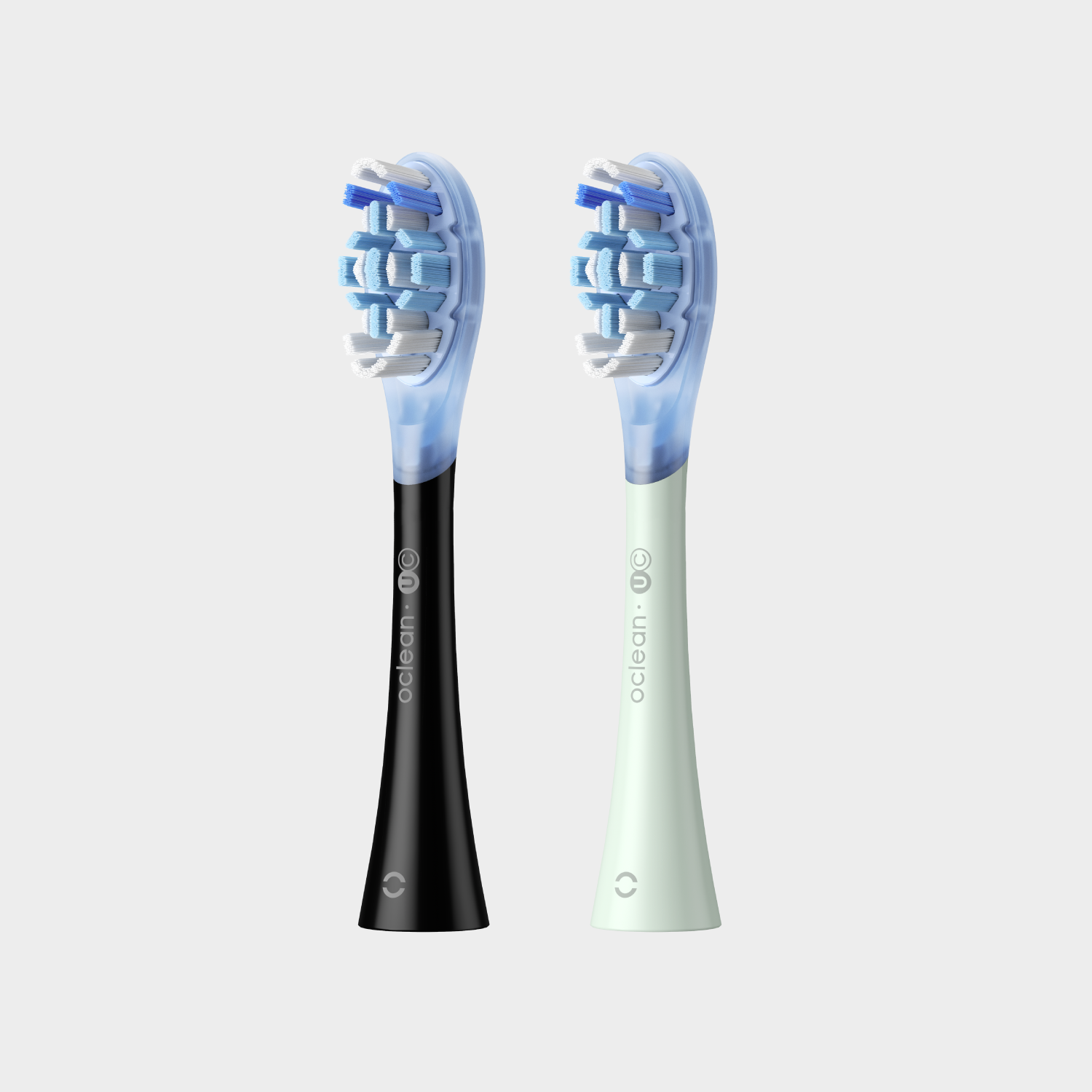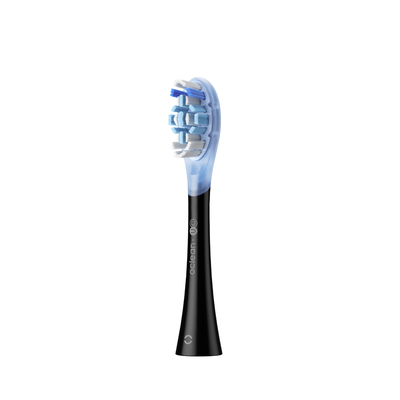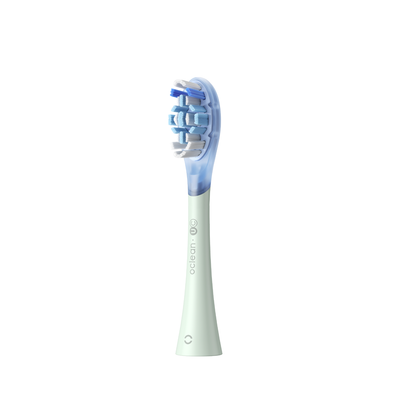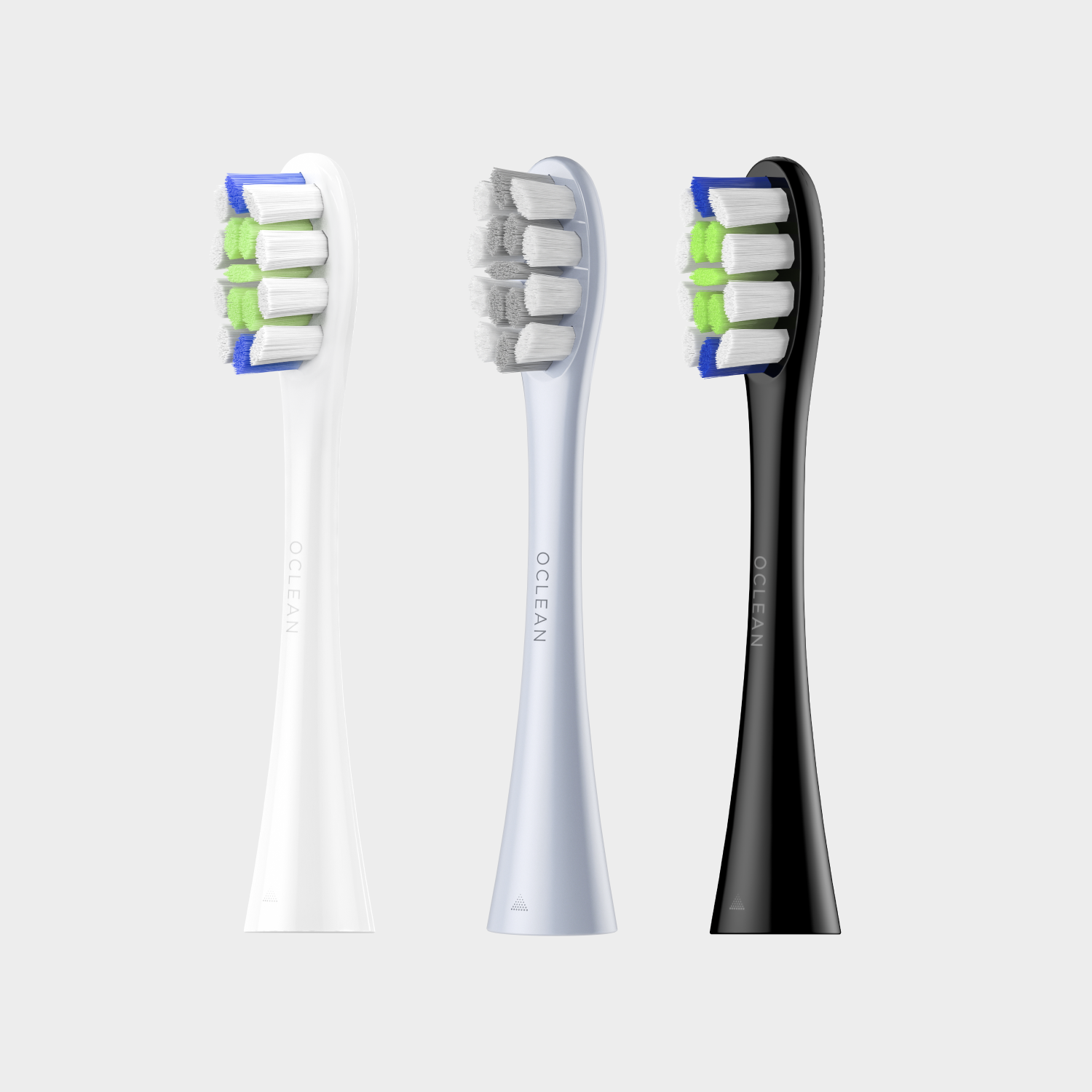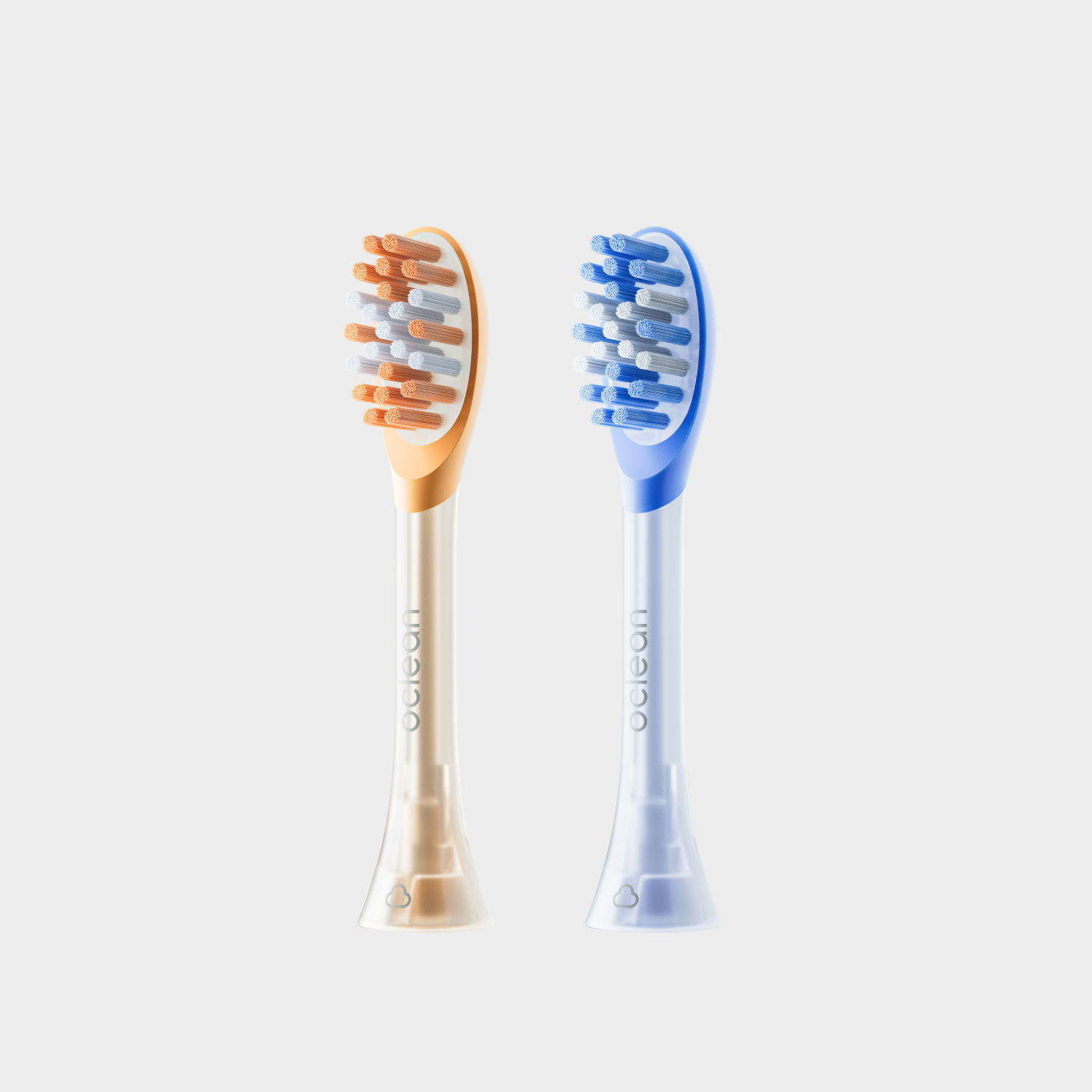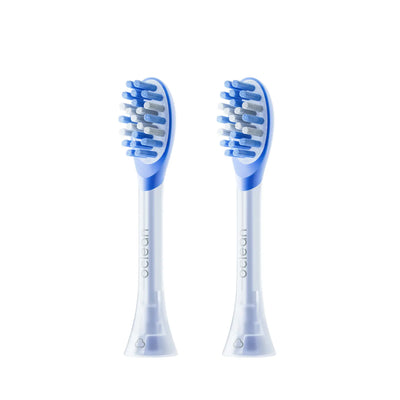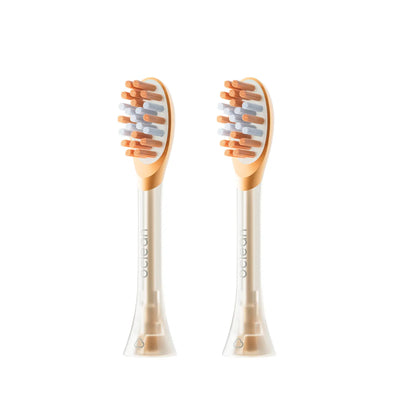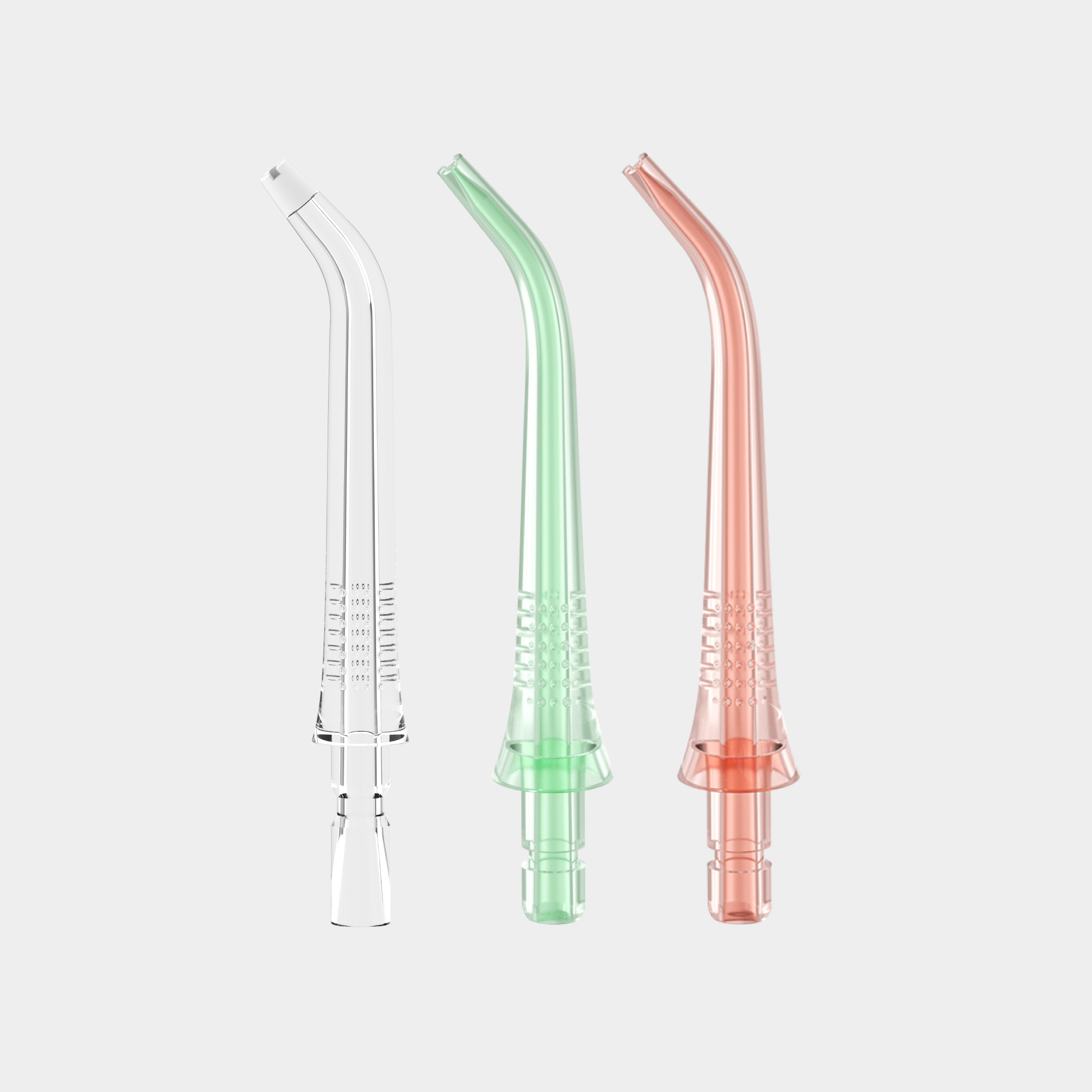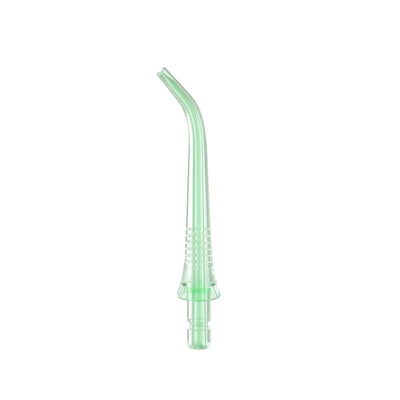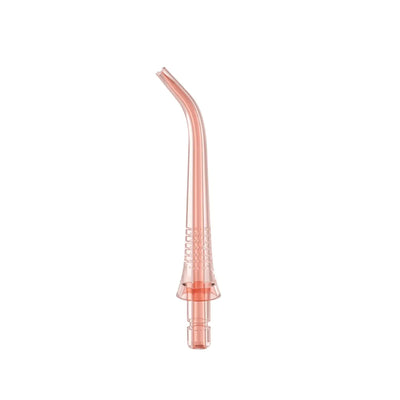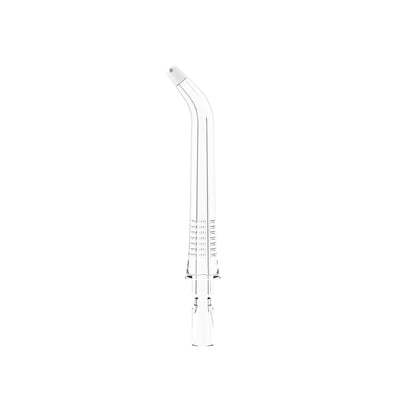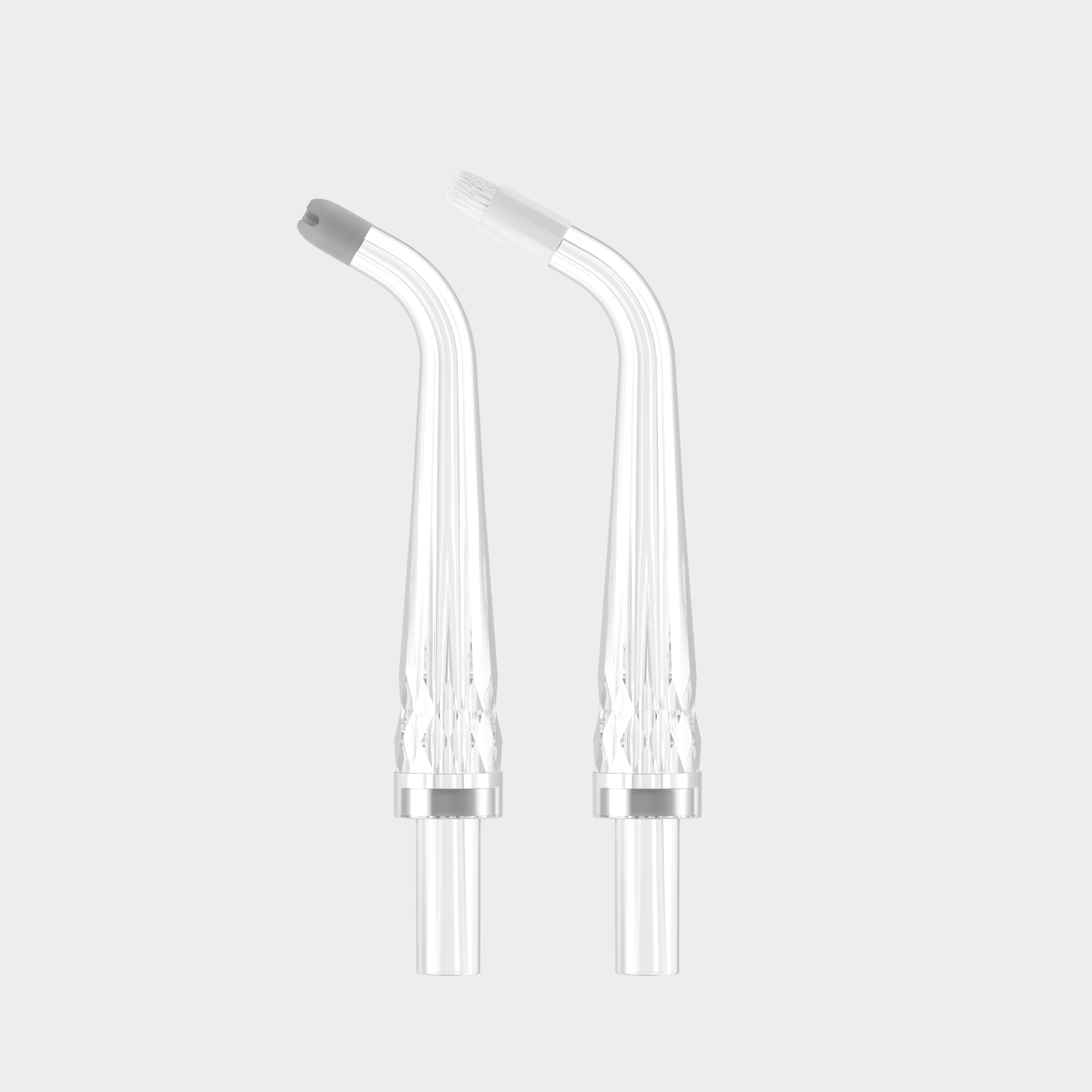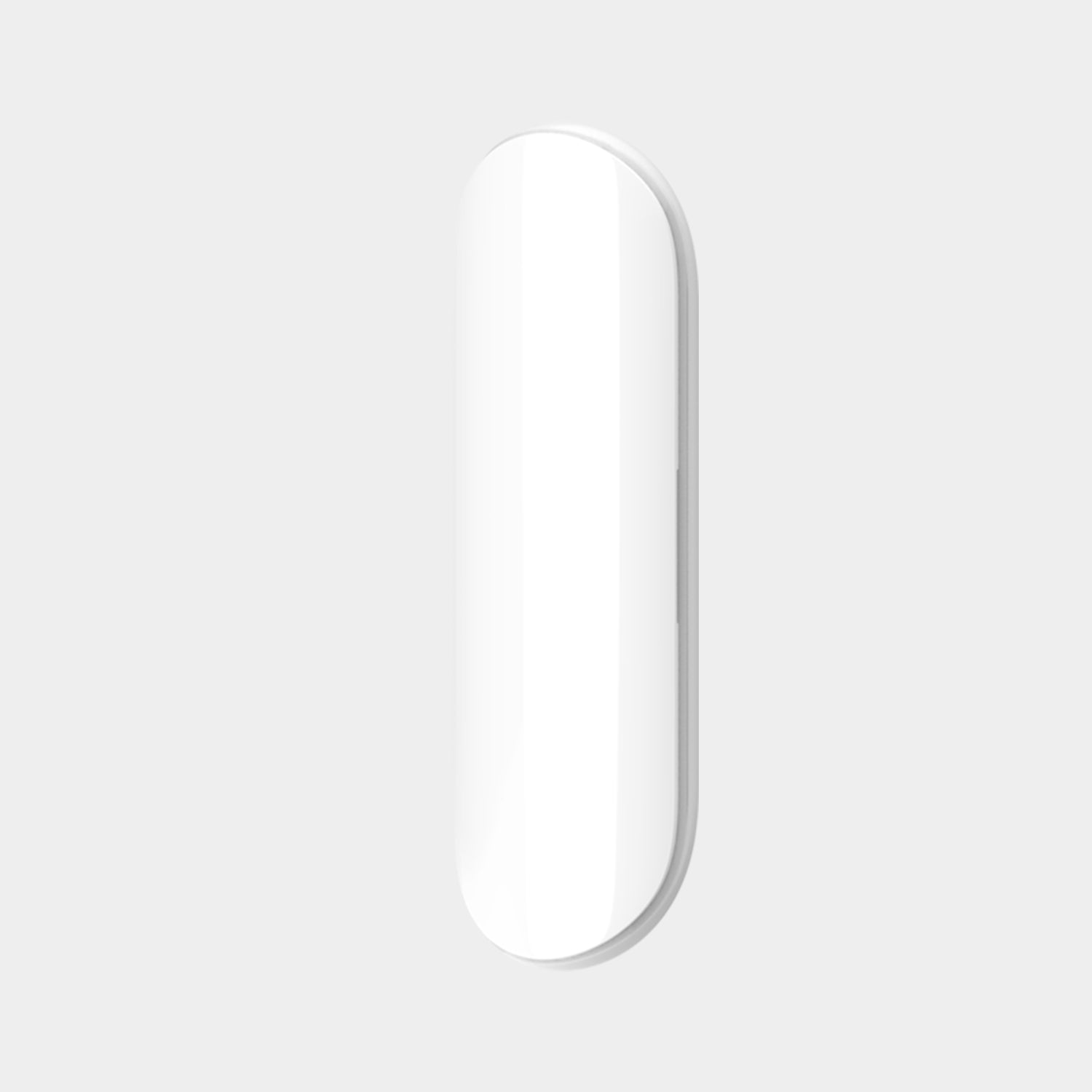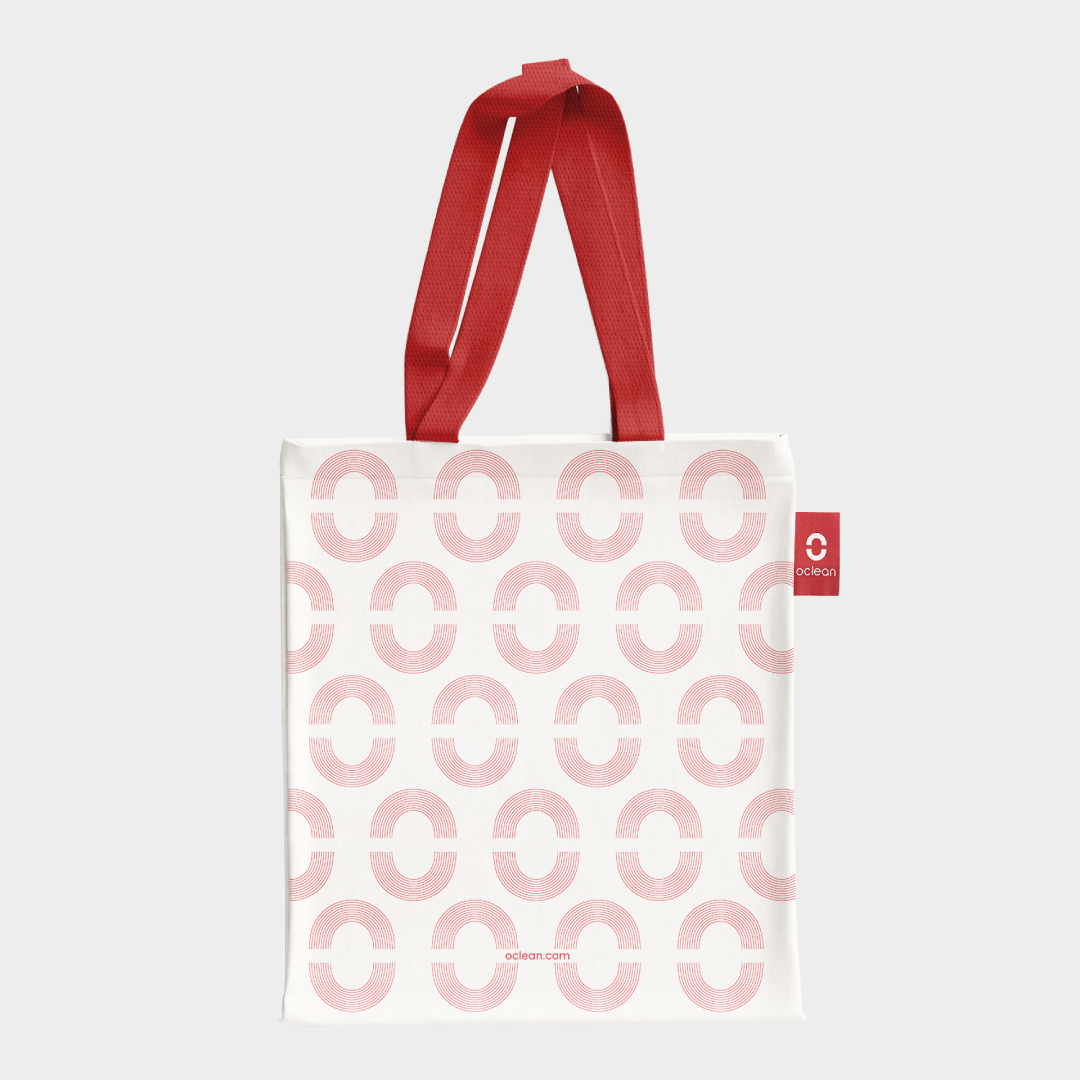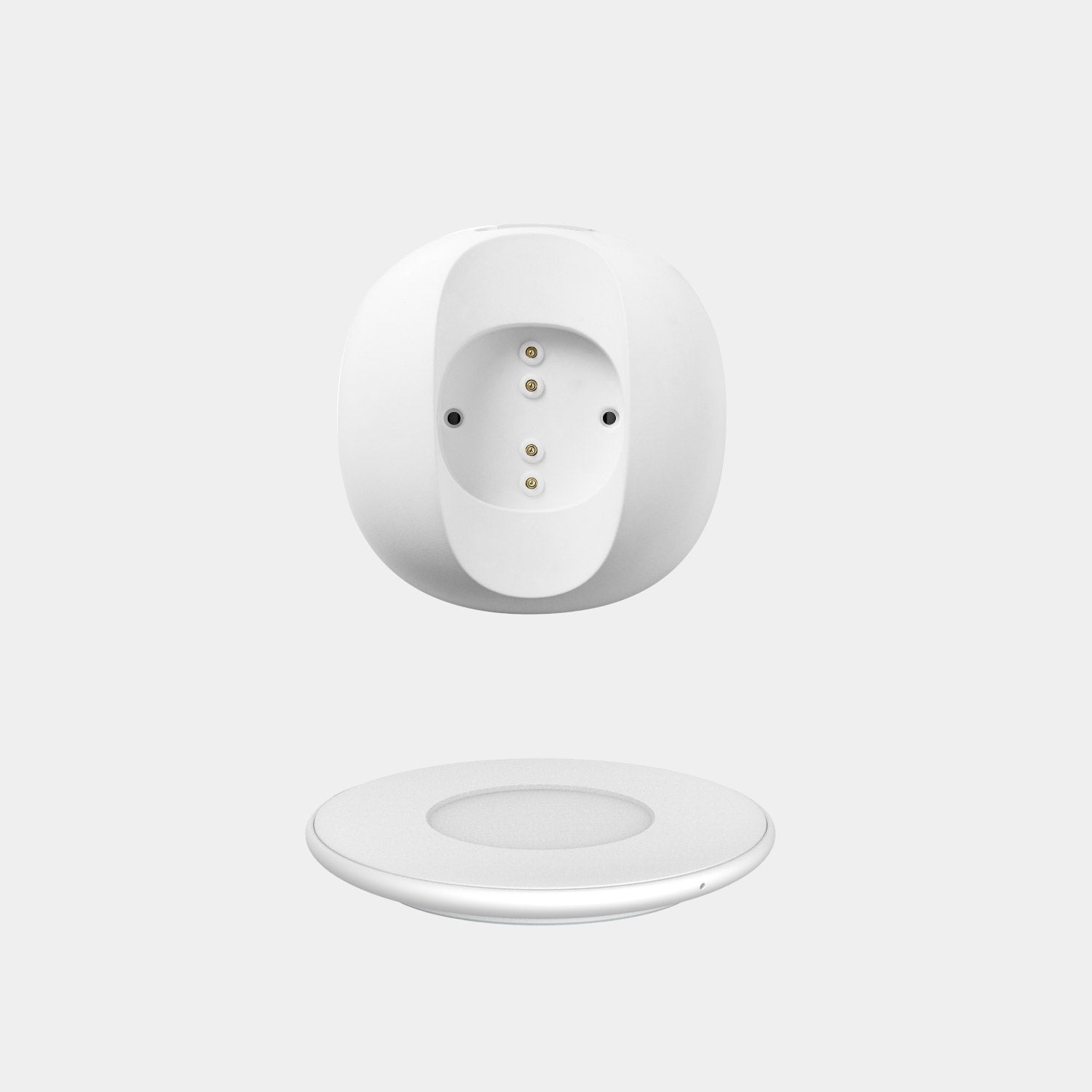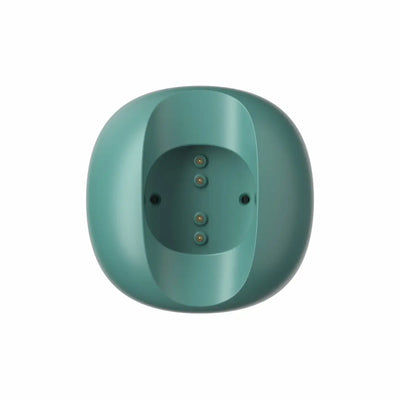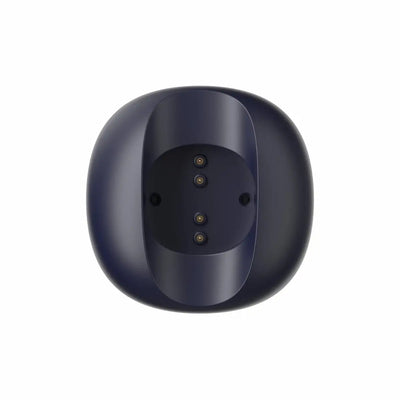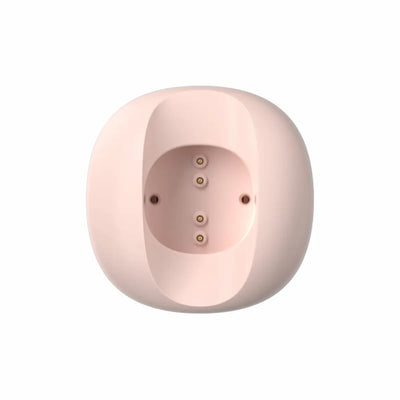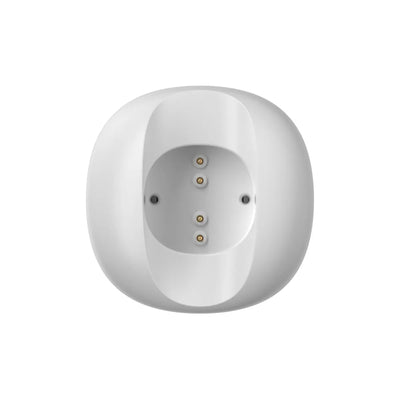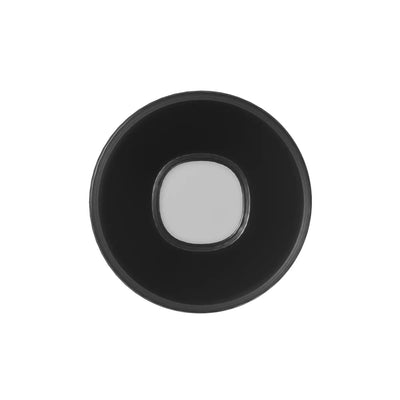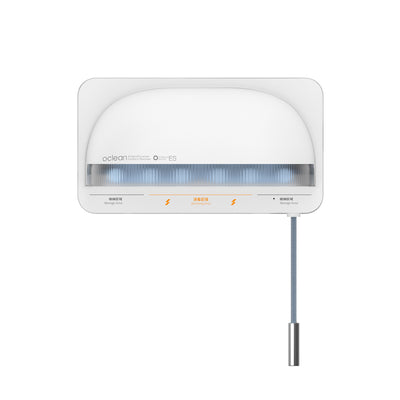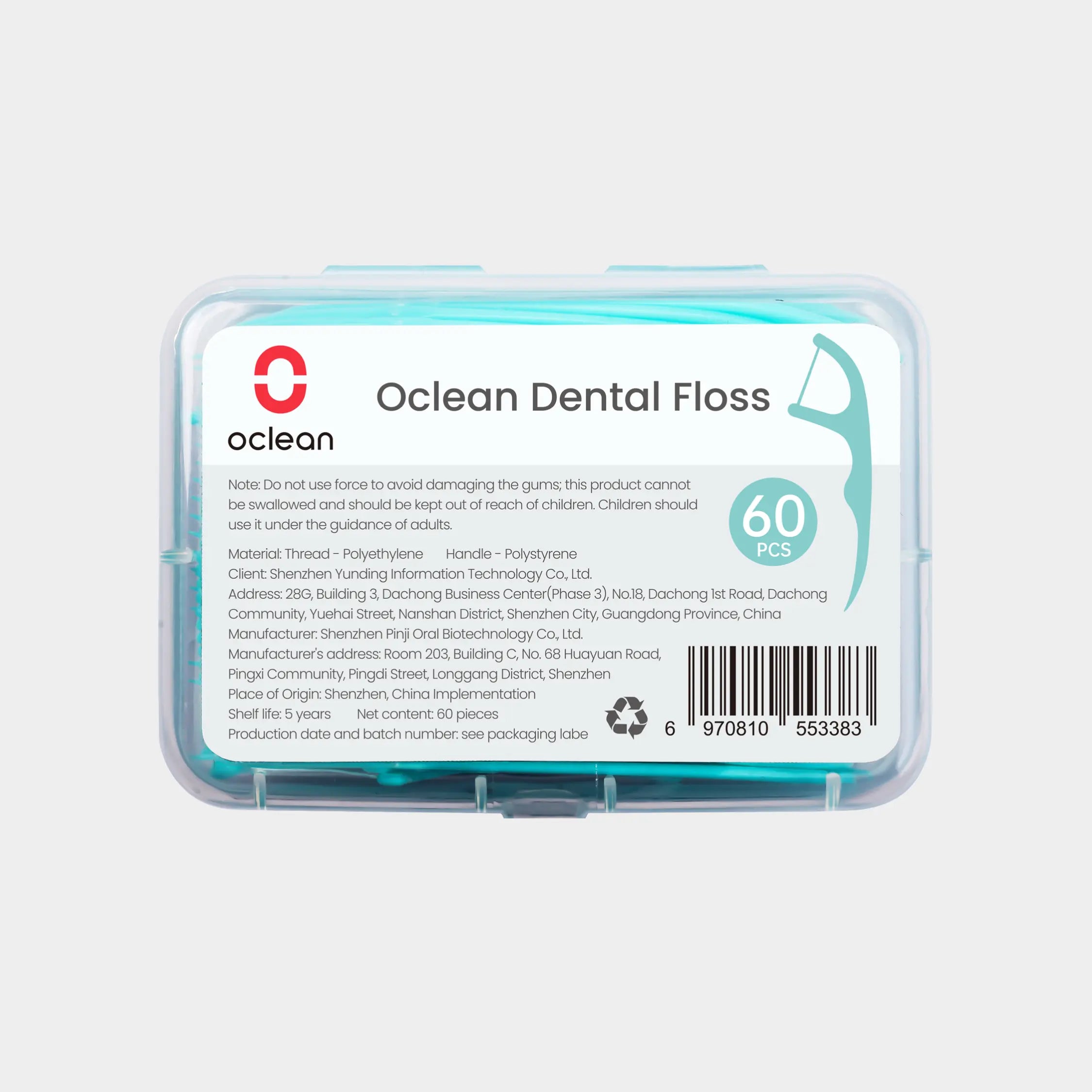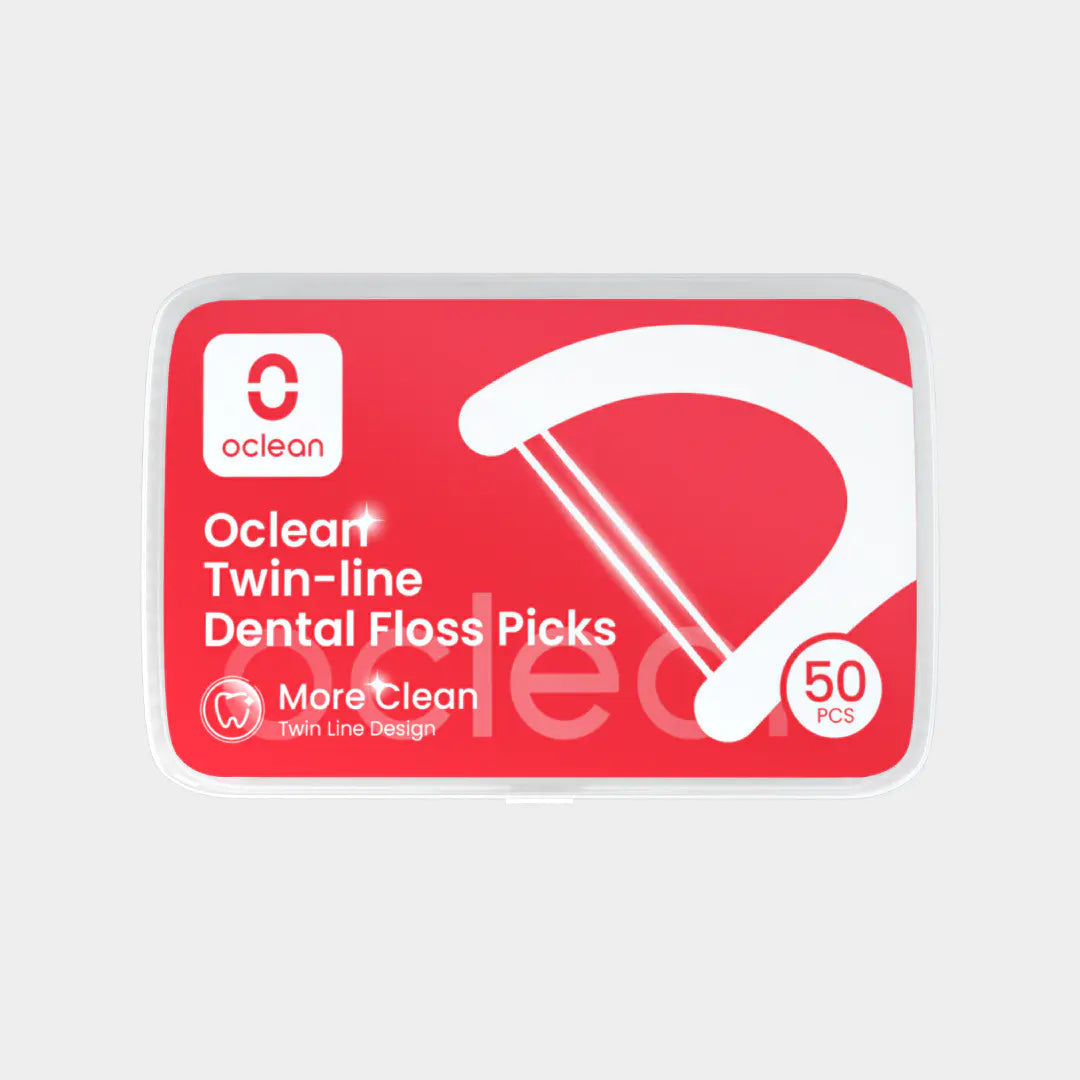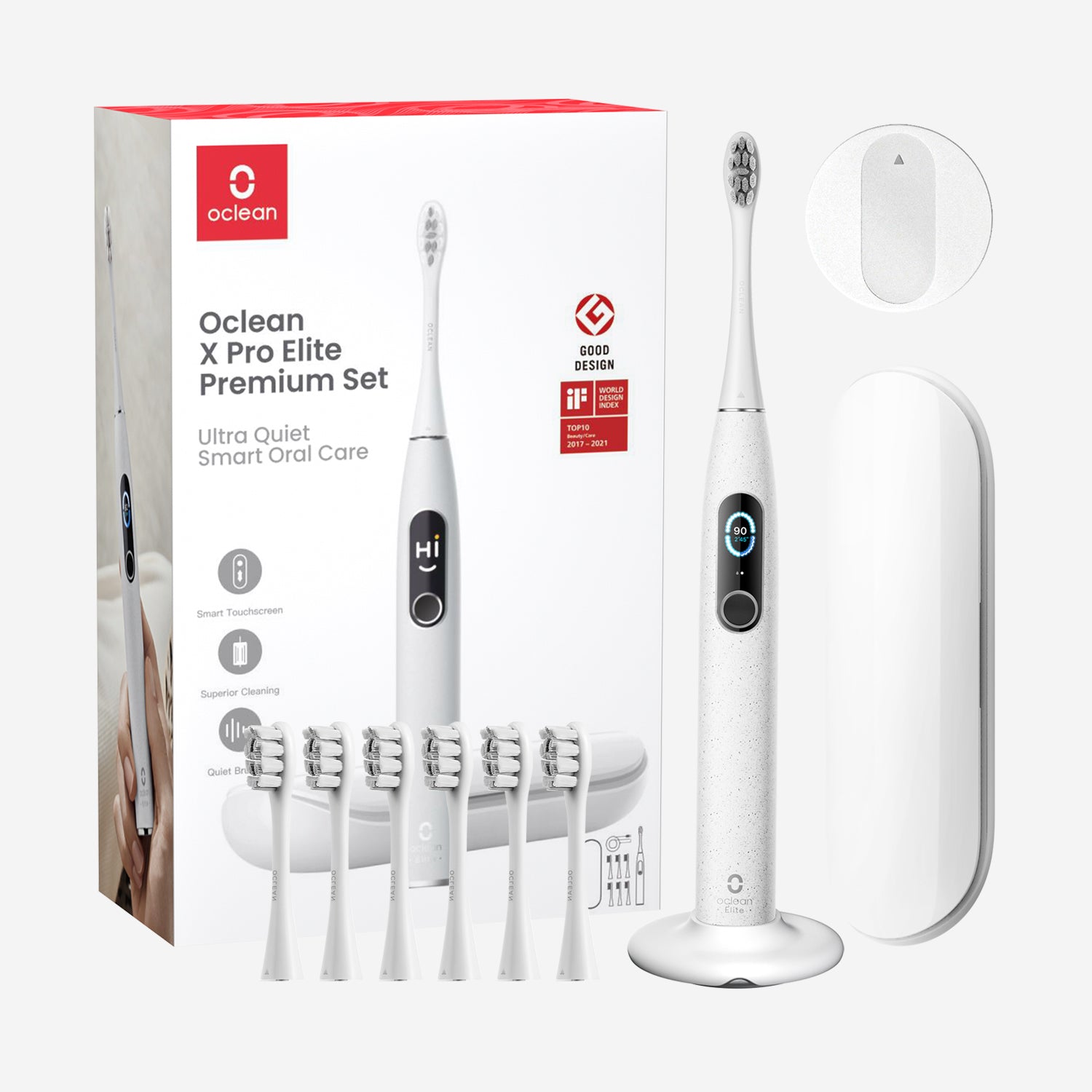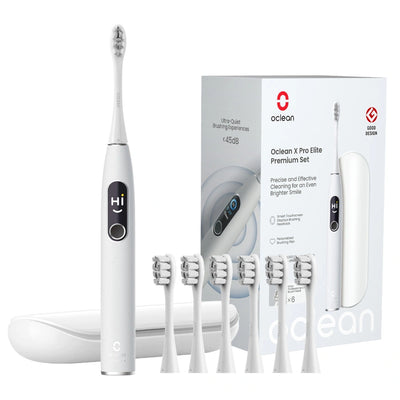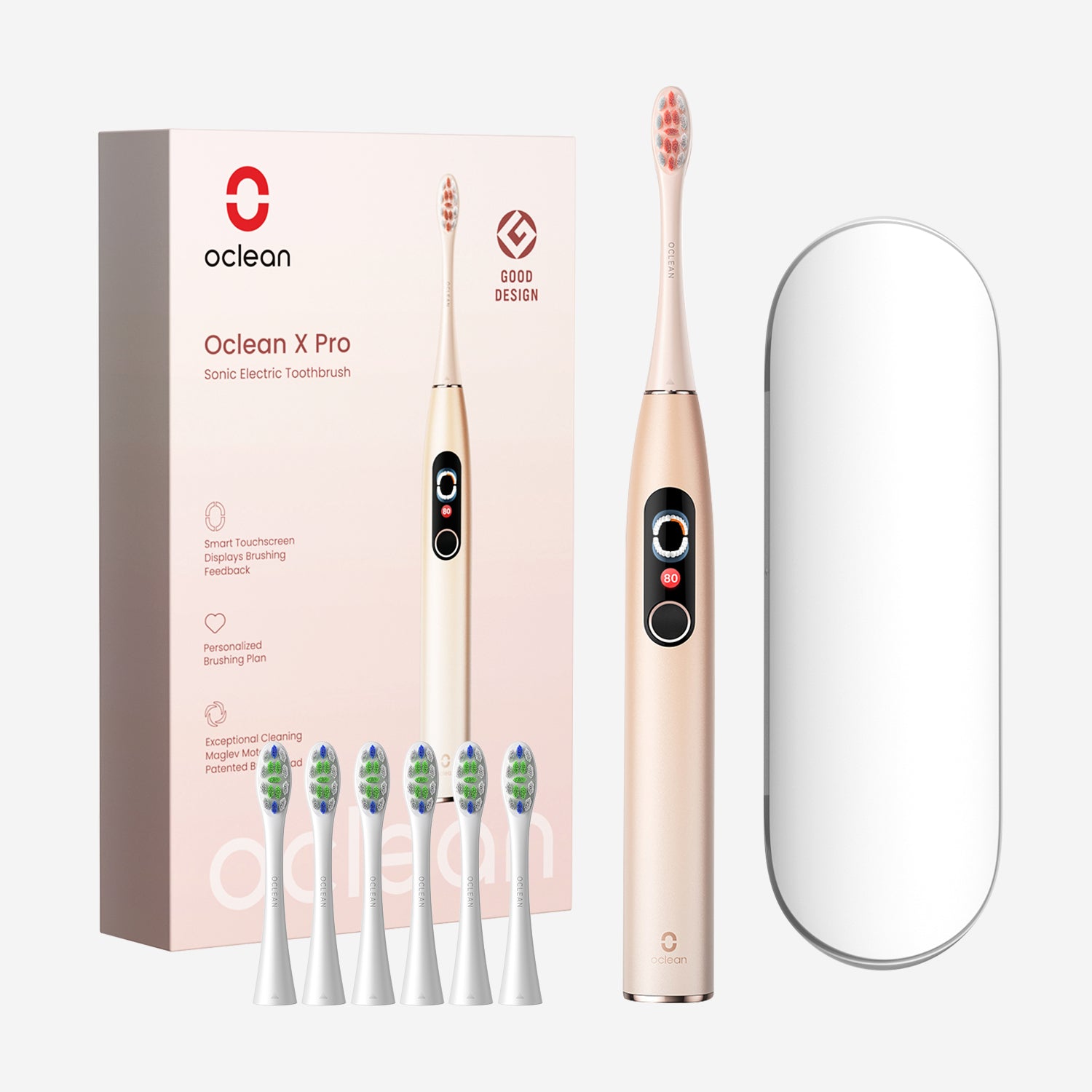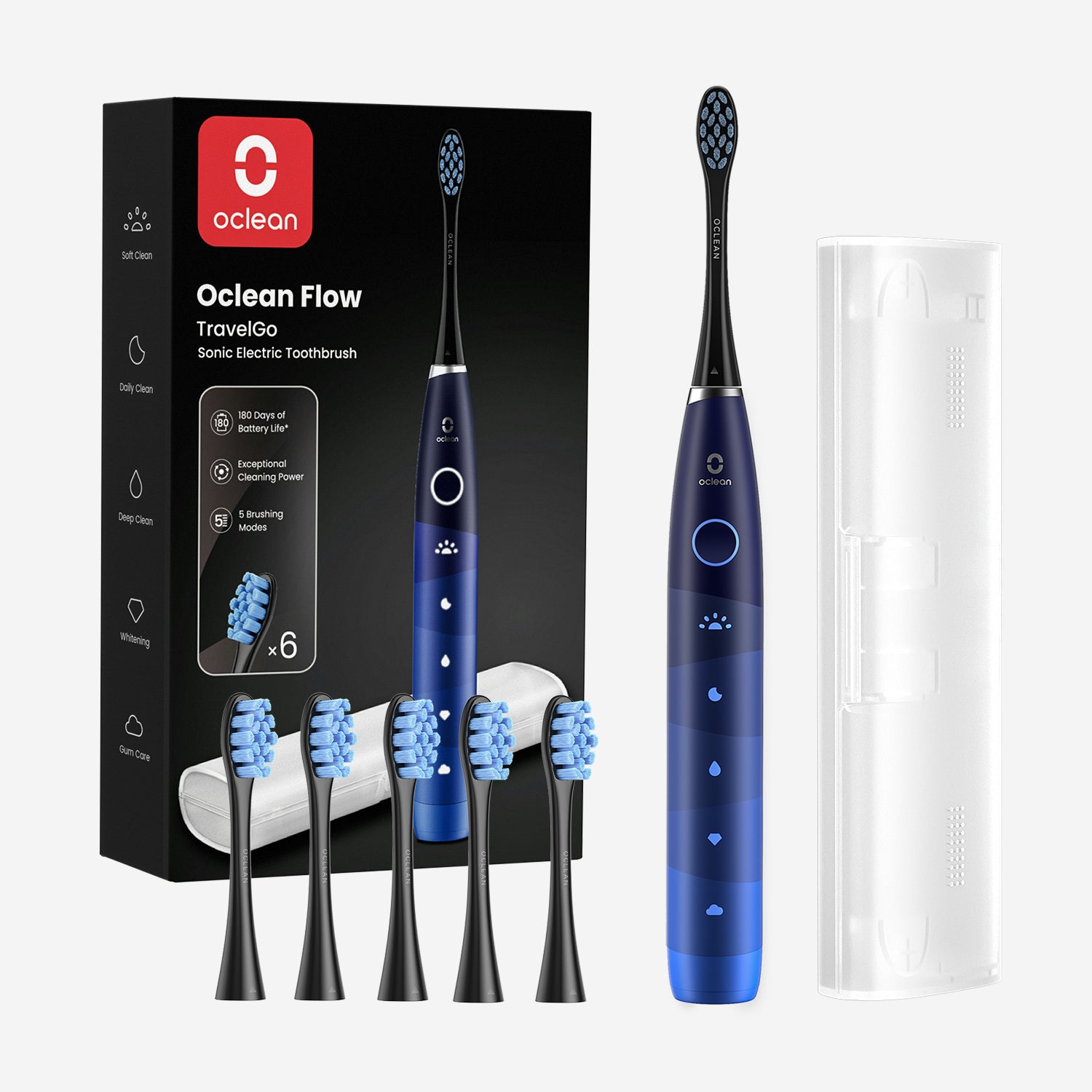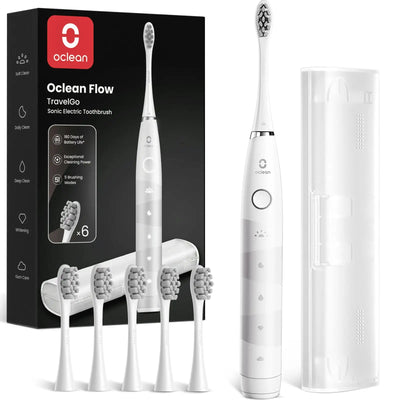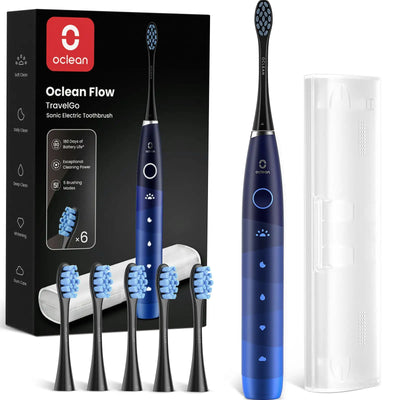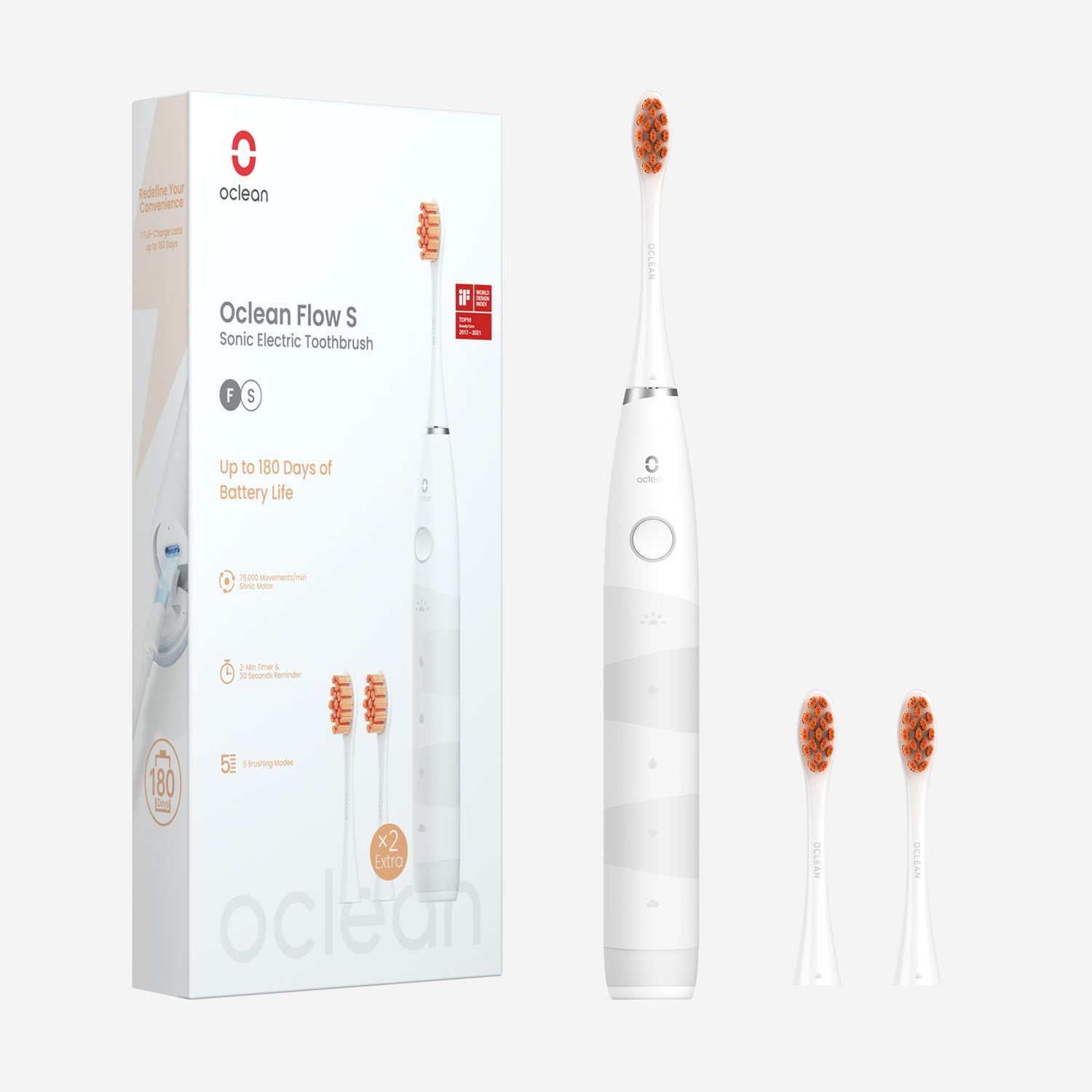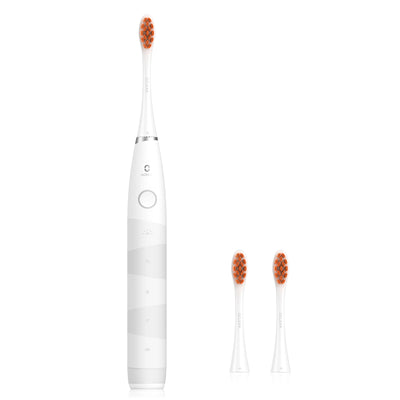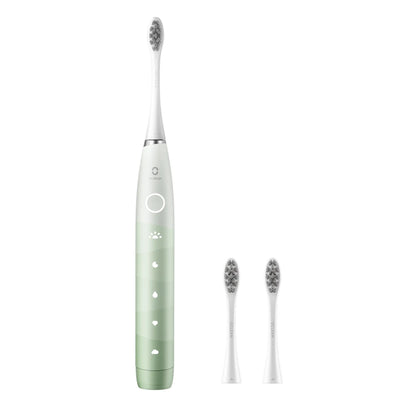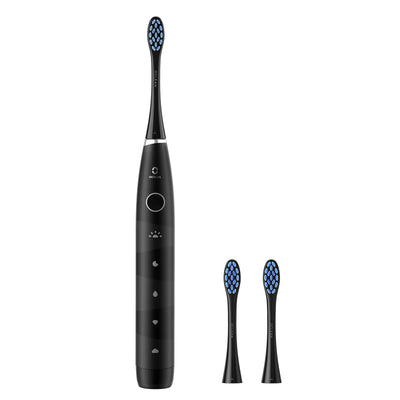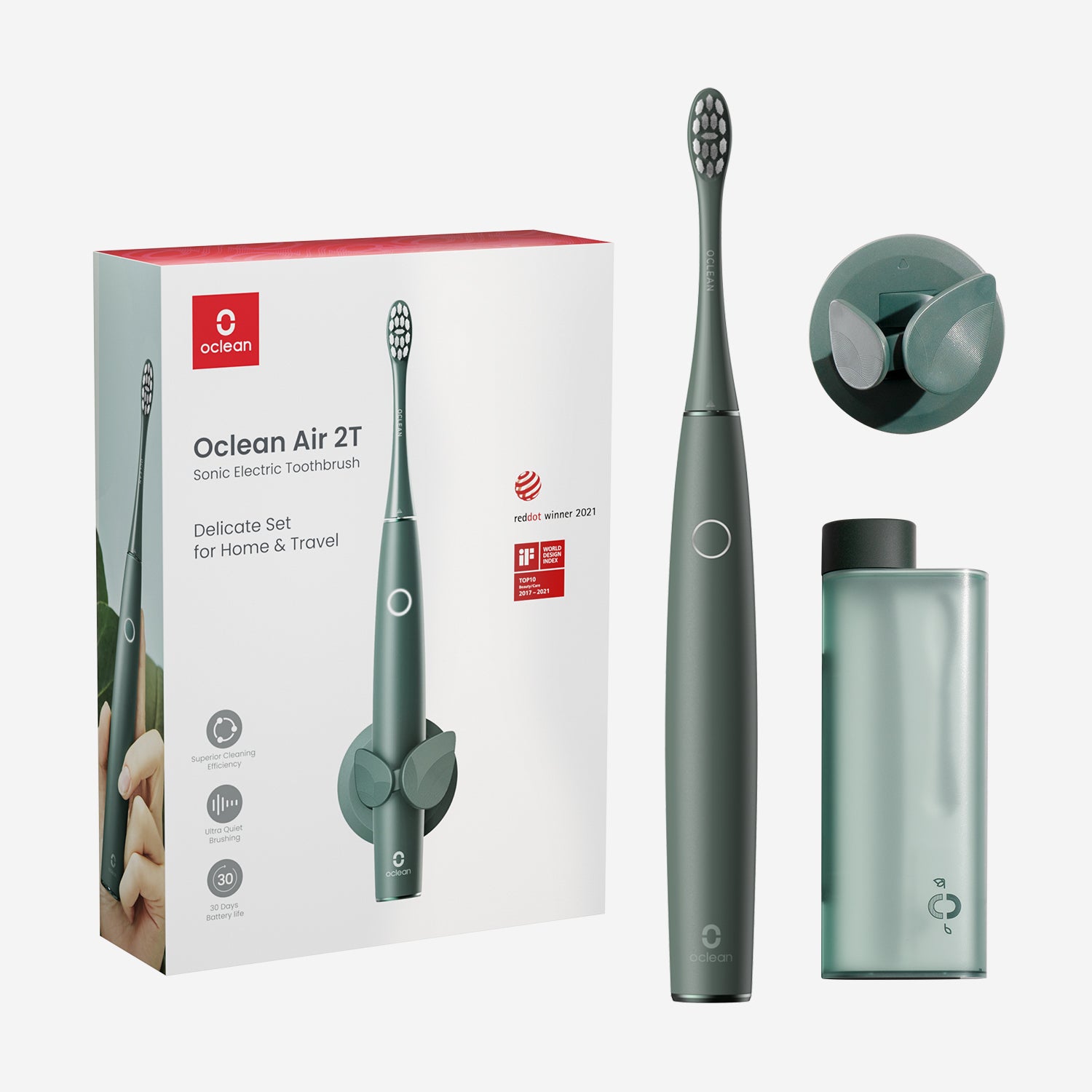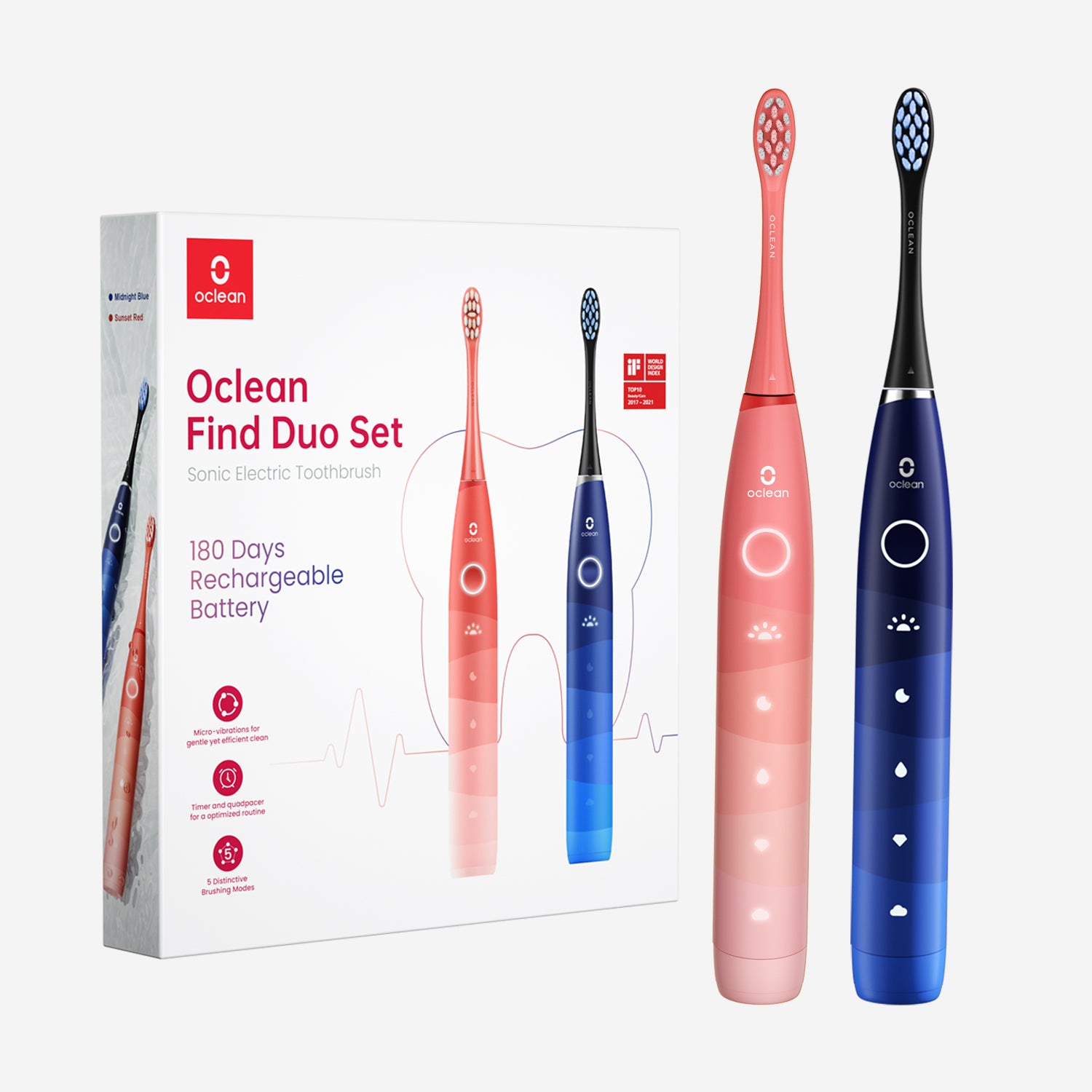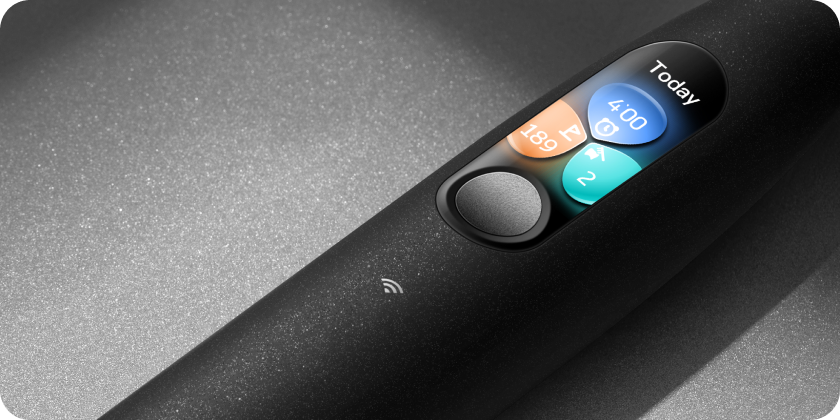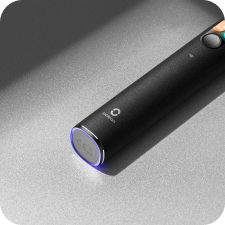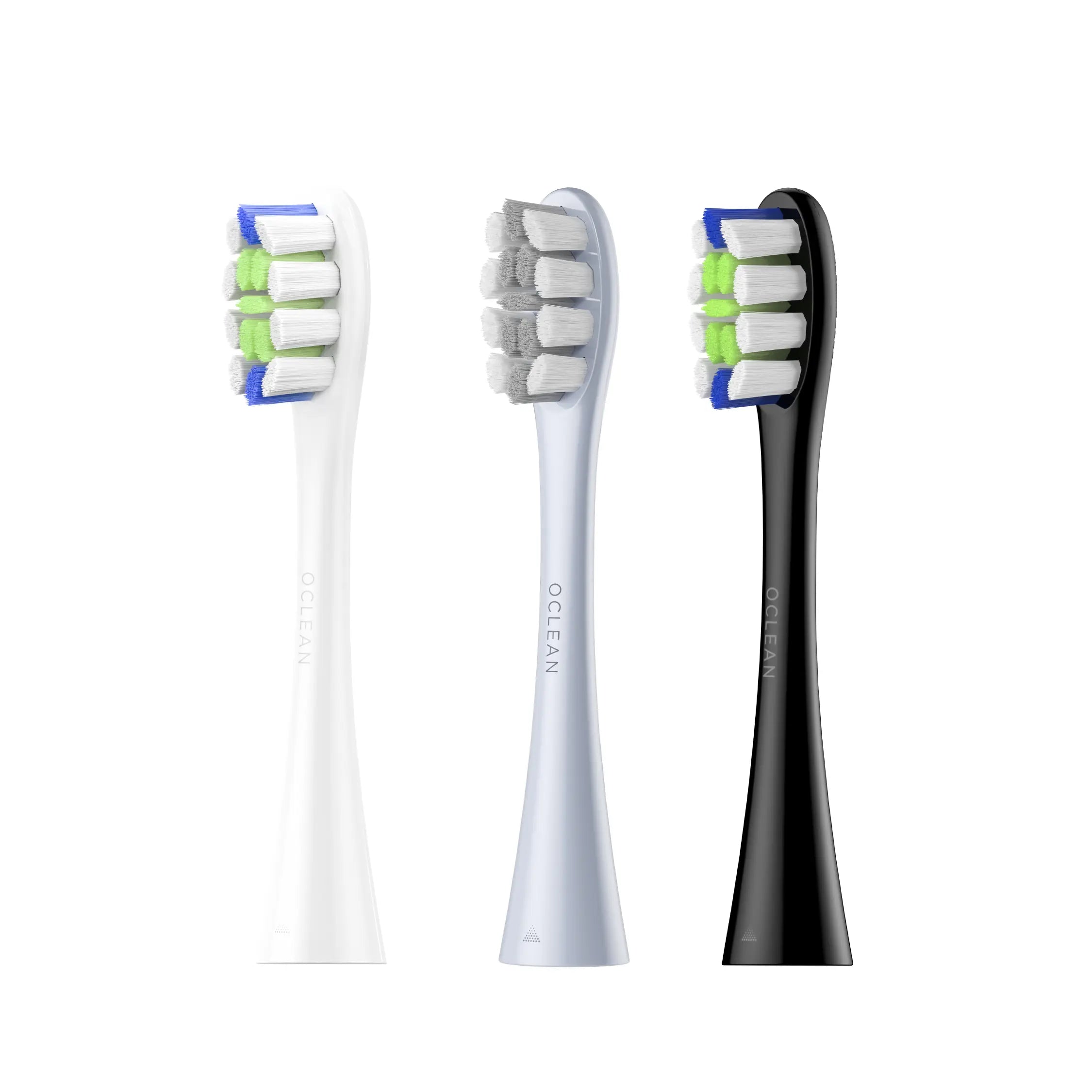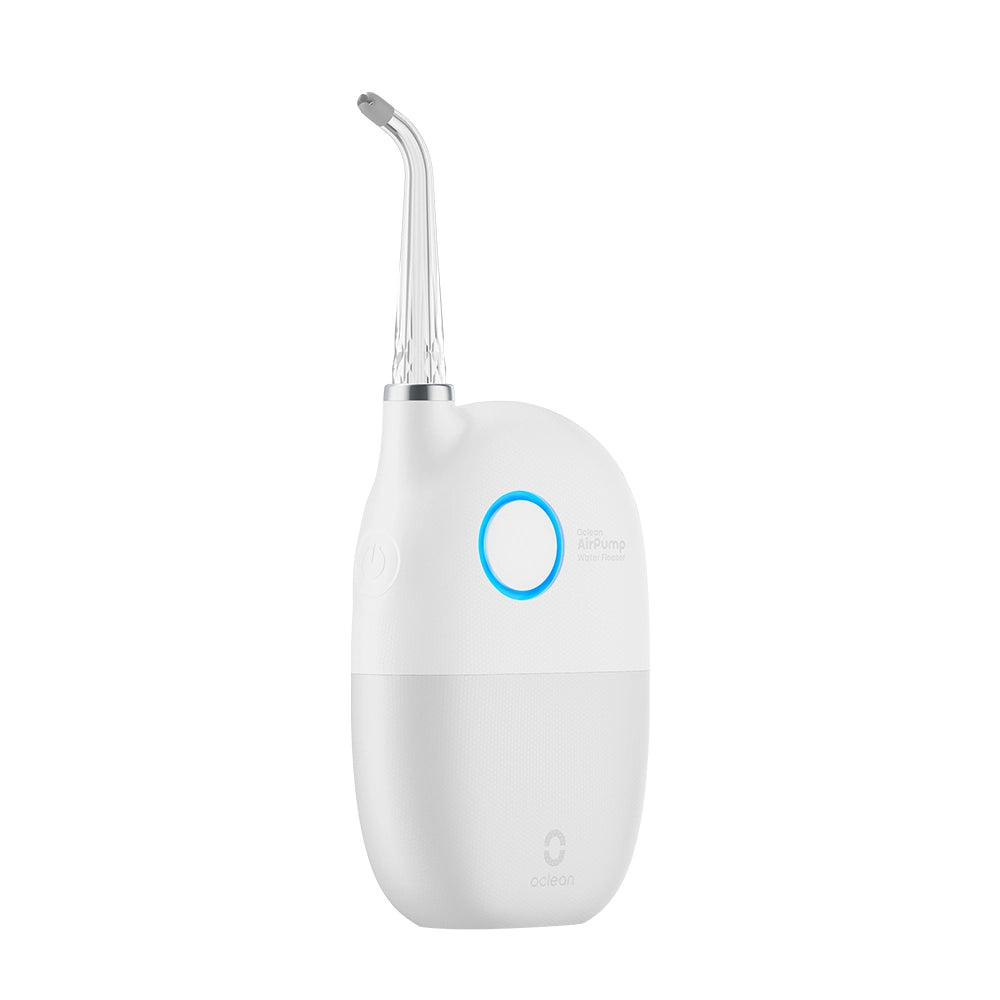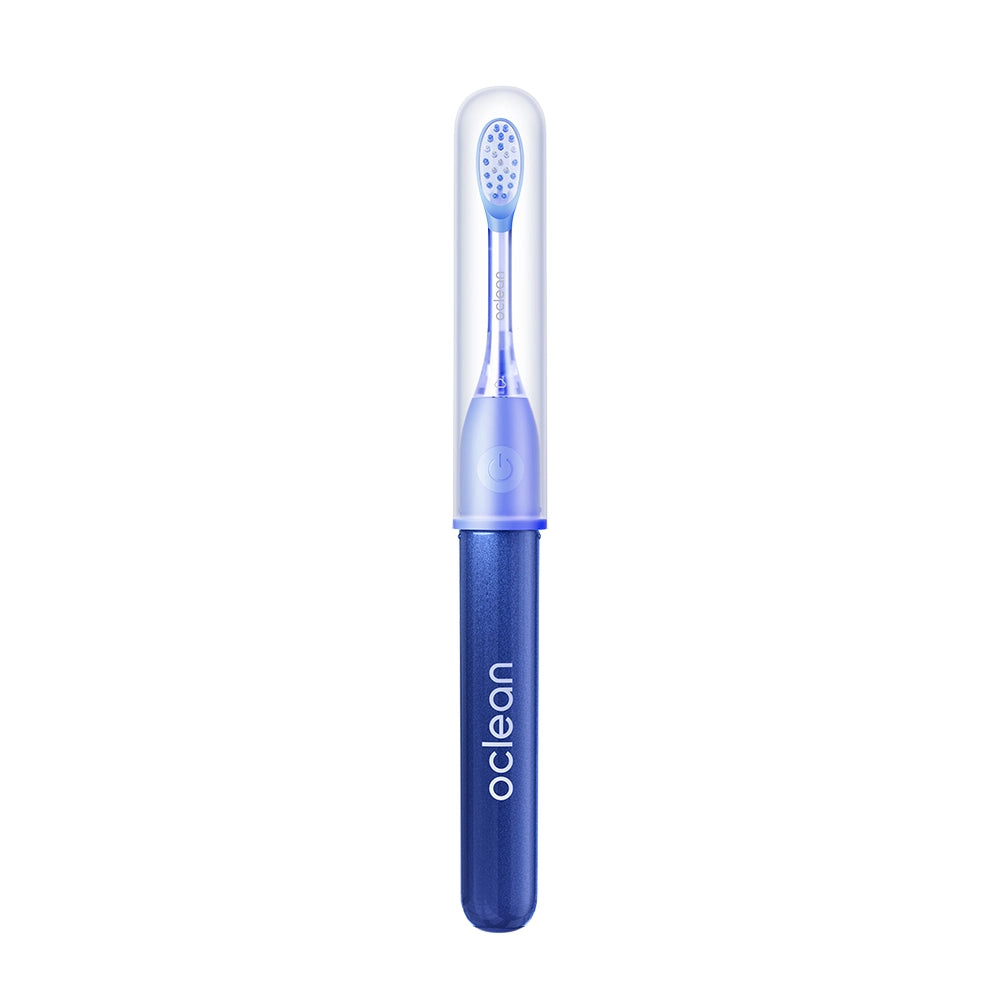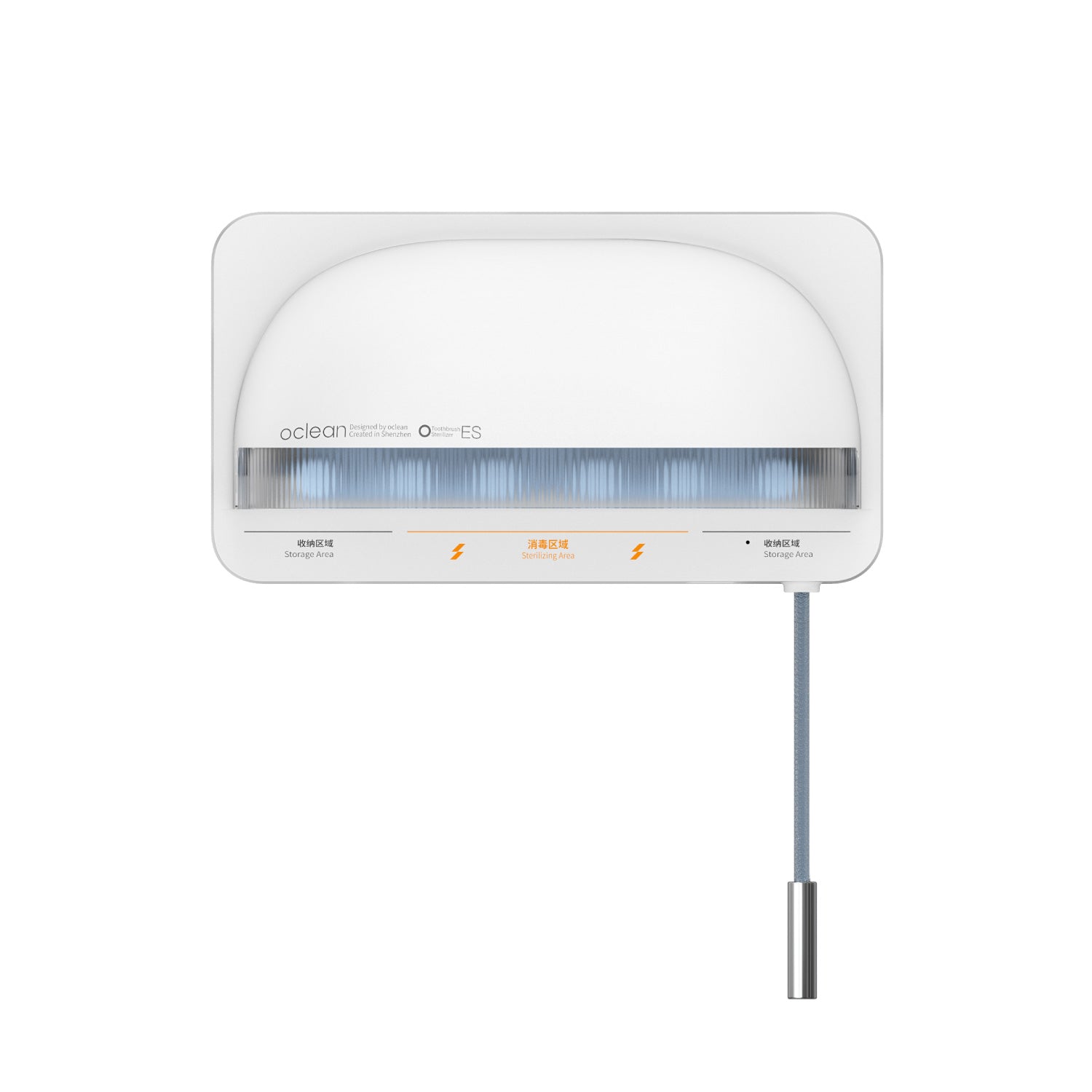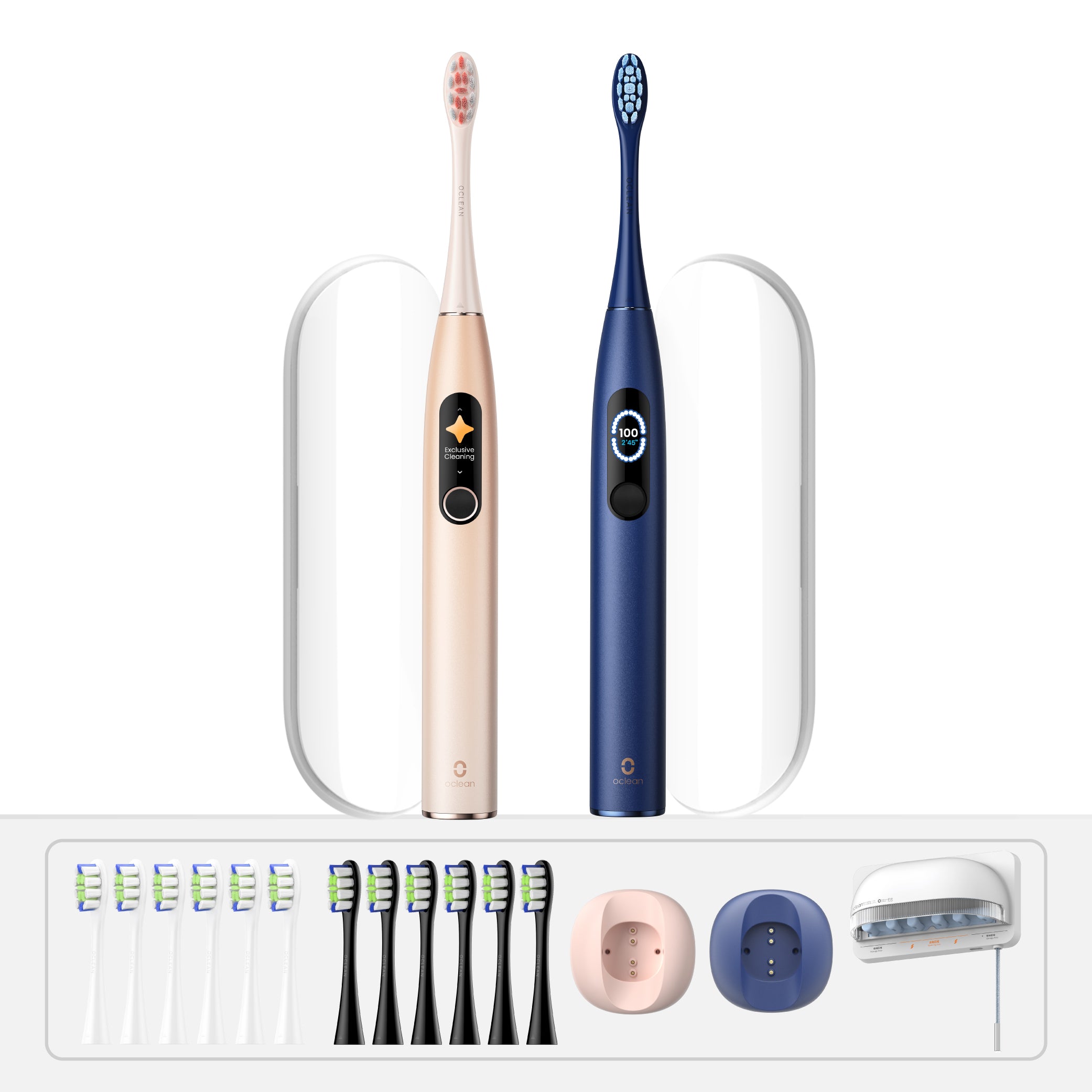Chewing Ice: Good or Bad
A chilled glass of coke or your favourite beverage is hard to resist, especially if it has ice cubes. Did you ever mindlessly chew ice without thinking it through? As a matter of fact, chewing ice damages your teeth and can have long-lasting detrimental effects.
Is chewing ice bad for your teeth?
Yes, chewing ice is bad for your teeth. The following reasons led us to believe this;
· Dental Decay
The toughest substance in your mouth is enamel. In addition, it’s the primary defense against the acid challenge by sugary foods and drinks. Chewing ice wears off the enamel, thereby decreasing its thickness. Decreased enamel thickness makes the tooth more prone to dental decay.
You might think that protecting enamel can only be done by brushing your teeth regularly with your manual or electric toothbrush. But now you know that’s not enough, especially if you have an ice-chewing habit. Thus, you must eliminate this habit as soon as possible. The way of doing so will be talked about in a while. So, sit tight.

· Fractures Teeth
No matter how hard it is, every material breaks at some point. The same is the case with your teeth. According to the National Library of Medicine, chewing ice is one of the contributing factors to the chipping off or cracking of tooth enamel.
The most obvious result of a tooth fracture is excruciating dental pain. In addition, a fractured tooth won’t allow you to carry out everyday oral functions like eating food and drinking water. Thus, you should make every possible effort to avoid chewing ice.
· Destroys Dental Fillings
Ever visited a dentist before? If so, you might have got some procedures done, such as dental fillings. Dental fillings are a means of repair. Chewing ice can dislodge dental fillings and may even contribute to treatment failure.
This is of significant importance in patients with root canal treated tooth. Root canal makes a tooth more brittle, resulting in easy chipping of the tooth and the dental filling material. Thus, you need to avoid chewing ice to prevent such a hazard.
· Damages Orthodontic Appliances
Orthodontic braces have been used to align teeth for decades. If you or your child have any such appliance installed in your mouth, you need to be extra careful.
Damage to the orthodontic appliance will not only affect your treatment but will also increase the overall cost of your orthodontic treatment. Thus, you must bear in mind to stop chewing ice.
Why Do People Chew Ice? A Habit or a Craving?
Ice-chewing—an apparently harmless and even gratifying habit—has become so pervasive that it's frequently not considered an actual issue. For some, it's mindless behaviour that occurs during extended phone calls or when watching television.
For others, it becomes an outright craving, something they turn to whenever they crave a quick crunch. That sensation of biting down on something cold and crunchy can actually be strangely calming, almost an act of pure sensory pleasure. But what's the case when this habit becomes more than an occasional bout of boredom?
More Than Just a Simple Craving
The truth is ice chewing has the potential to be more than a mere afterthought. To many individuals, it can actually become something deeper—usually centred around psychological urges or even the presence of other health conditions. Did you ever observe how when you're stressed, nervous, or going through intense emotions, some individuals get an intense urge for ice?
Although it might be irrelevant, it's interesting to know that this hunger is not only for the crunch. It might be due to a disorder called pagophagia, a certain sort of compulsive disorder when persons experience an intense urge to chew ice.
A Coping Mechanism
Others chew ice as a defence against anxiety, tension, or even boredom. The coldness and crunch provide a temporary distraction, a sensory relief that shifts attention away from whatever discomfort they experience. It's for this reason that it is not rare for individuals experiencing a lot of stress to chew ice during times of special stress, such as when working or studying. During these occasions, the act provides an instant, if unhealthy, relief.
Iron Deficiency Anemia
Surprisingly, there is a physical aspect to this behaviour. Individuals who have iron deficiency or other imbalances in their nutrition may also crave ice. Iron deficiency anaemia, for instance, has been connected with pagophagia, where the body could be requesting some kind of relief. This ice craving can appear strange, but for an individual who is experiencing a deficiency, it is an unconscious reaction.
Recognizing that the urge to chew ice might stem from deeper emotional or physical needs is crucial. It's not just about the ice—it's a symptom of something that could be addressed and managed. The first step to stopping the habit is to identify its root cause. Whether it's stress, boredom, or an iron deficiency, understanding why you crave ice is the key to breaking the cycle. By treating the root cause, be it stress management, dietary changes, or otherwise, you can begin to take charge and save your teeth from further damage.
How to stop chewing ice?
If you can’t stop the ice-eating habit, then don’t worry, as there’s a solution to that as well. You can incorporate the following things into your routine:
· Use chewing gums:
Sugar-free chewing gums containing menthol are an excellent way to start breaking your ice-eating habit. “Ice Breakers Ice Cubes” are xylitol-containing gums that would not only contribute to breaking the habit but also prevent caries. These gums are also recommended by the American Dental Association(ADA).
· Melt it in your mouth:
Instead of chewing on a solid ice cube, try melting it in your mouth. This will satisfy your urge by cooling your mouth.
· Eat popsicles:
Ice pops, also called ice lolly, are another way to break the ice-chewing habit. This method is of great significance, especially for your little one.
· Chew other stuff:
Try chewing solid fruits and vegetables when you feel like chewing on ice. You can chew cucumbers, carrots, apples etc., to break your habit.
· Check your nutritional status:
If you have tried everything and can’t resist the urge to chew ice, you must get your iron levels checked. This is because research shows that ice chewing is related to iron deficiency, and iron supplementation can prevent the habit.
Bottom-line:
Chewing ice is bad for your teeth as it can cause dental fractures and decay. In addition, it can also damage dental fillings and orthodontic appliances resulting in treatment failure. Eating fruits, vegetables, gums, and popsicles can break the ice-chewing habit. If you can’t leave your habit, get your iron levels checked.
The take-home message is to always take care of your teeth and the teeth of your loved ones. In doing so, the most basic care involves effectively brushing your teeth. Sonic electric toothbrushes are proven to brush teeth effectively. Oclean offers a range of these smart toothbrushes and other oral care products. Be sure to check them out as well.
*Cover image from Freepik@user18526052, we will delete it if constitutes infringement *
Table of Contents
